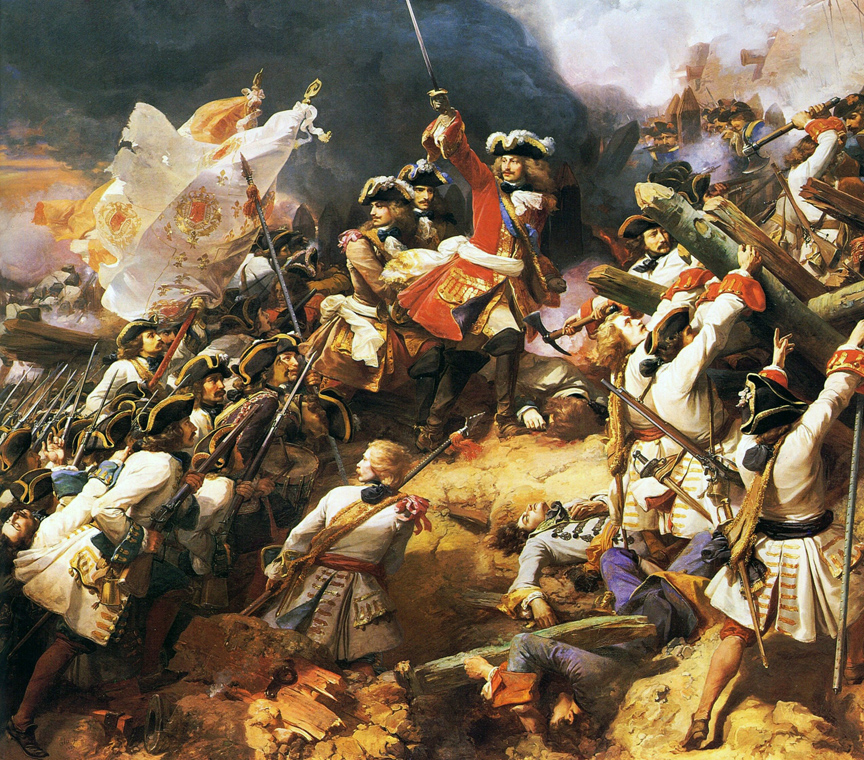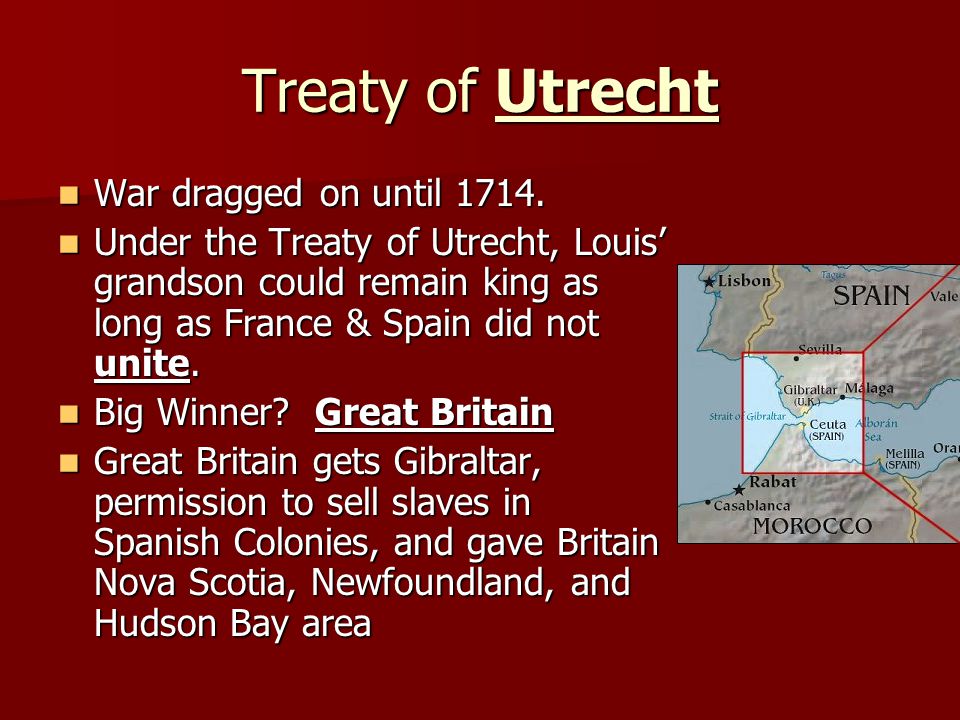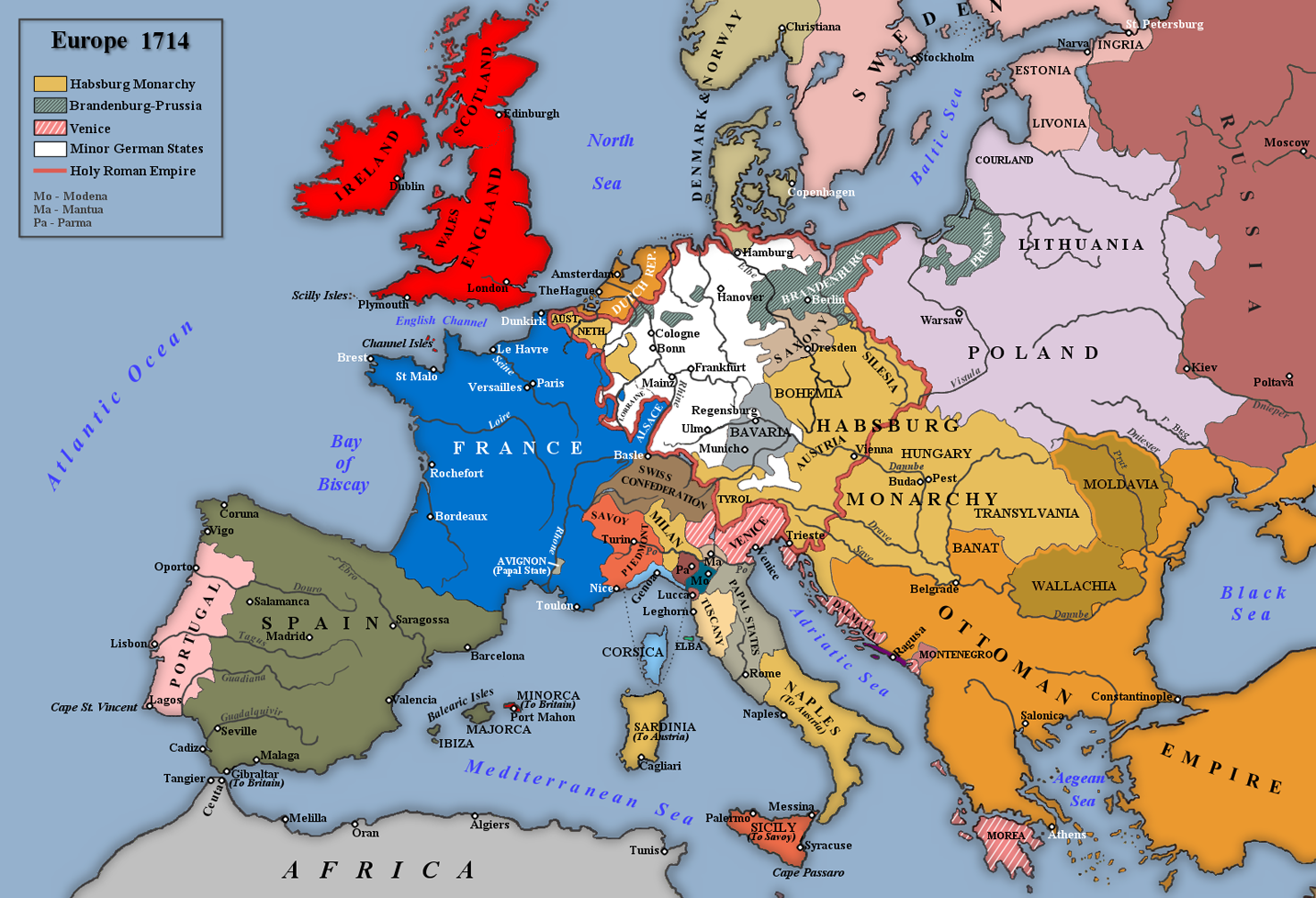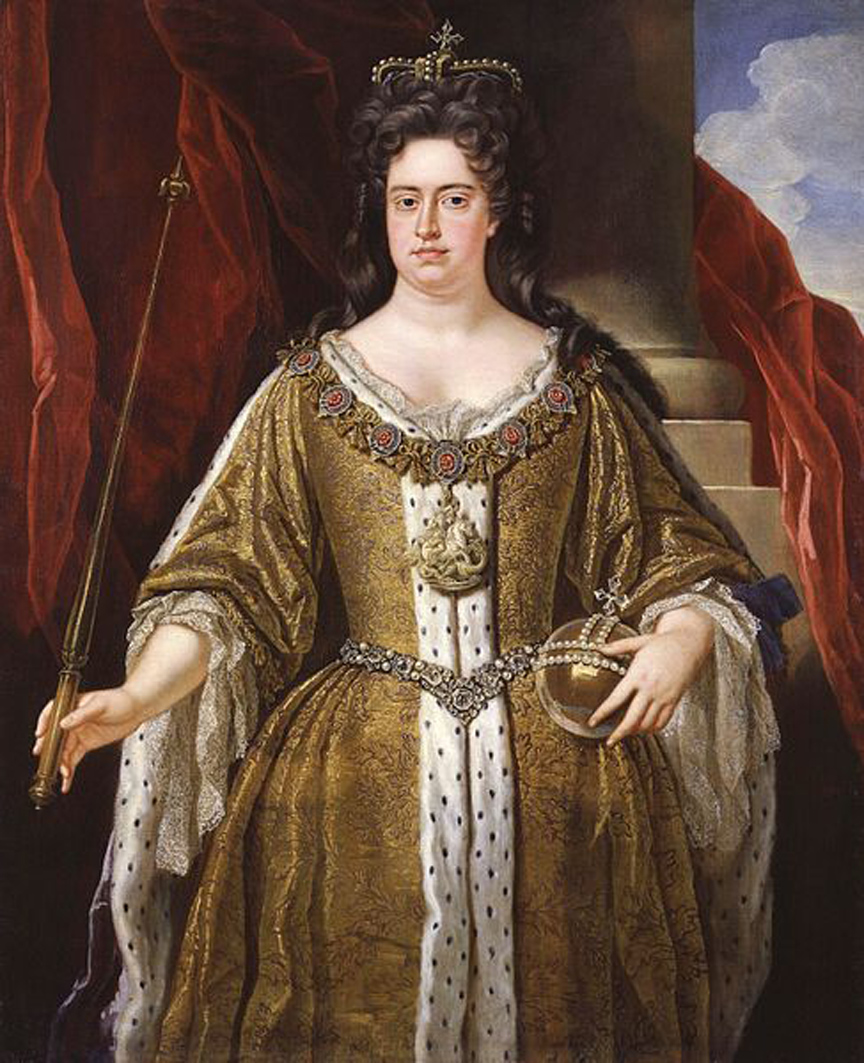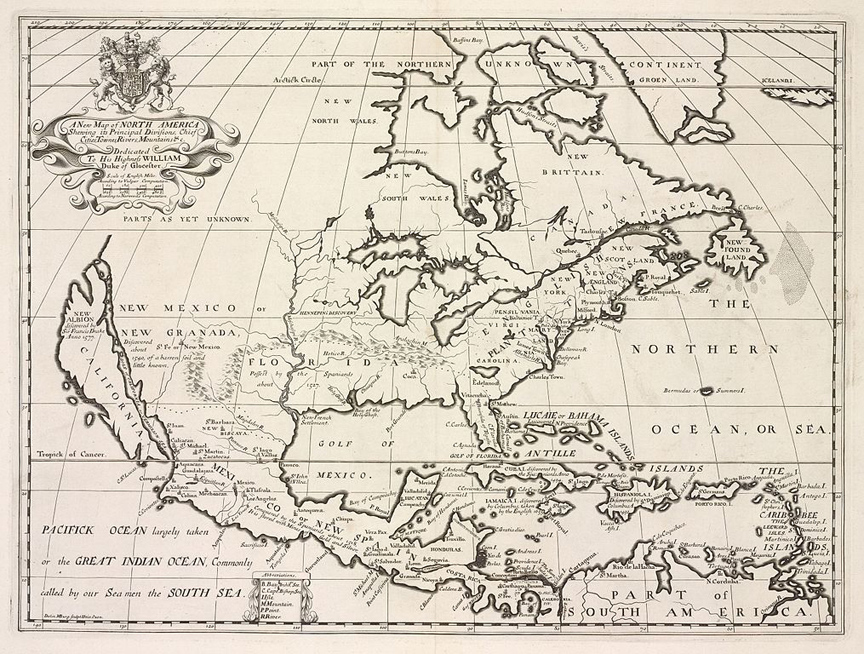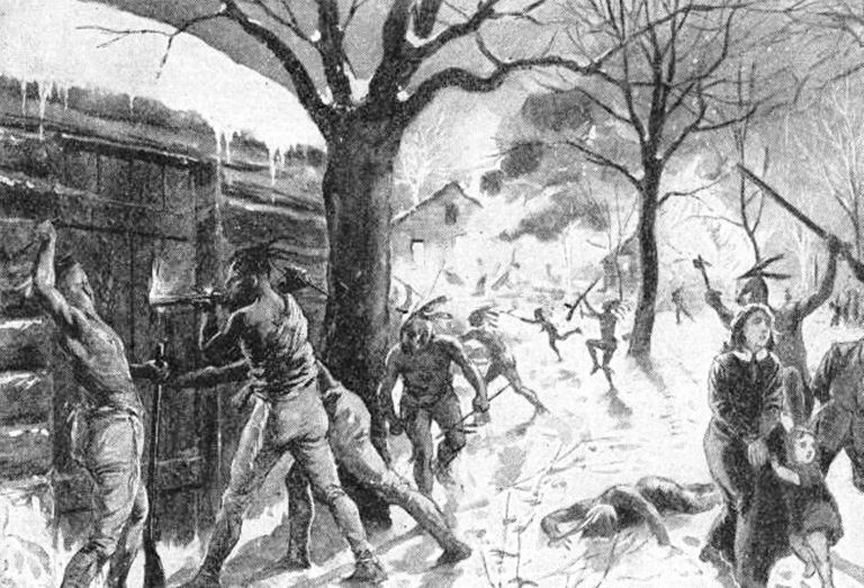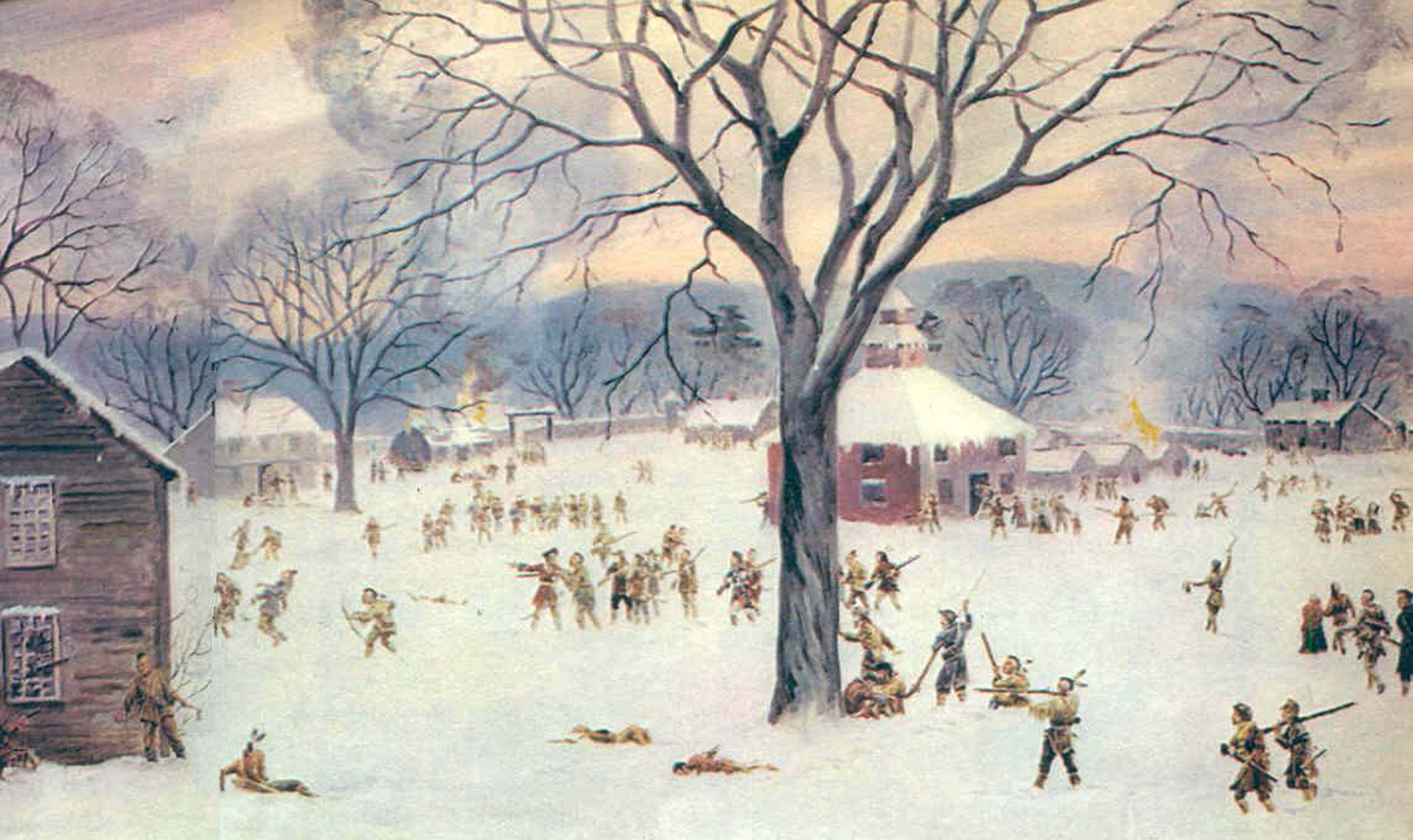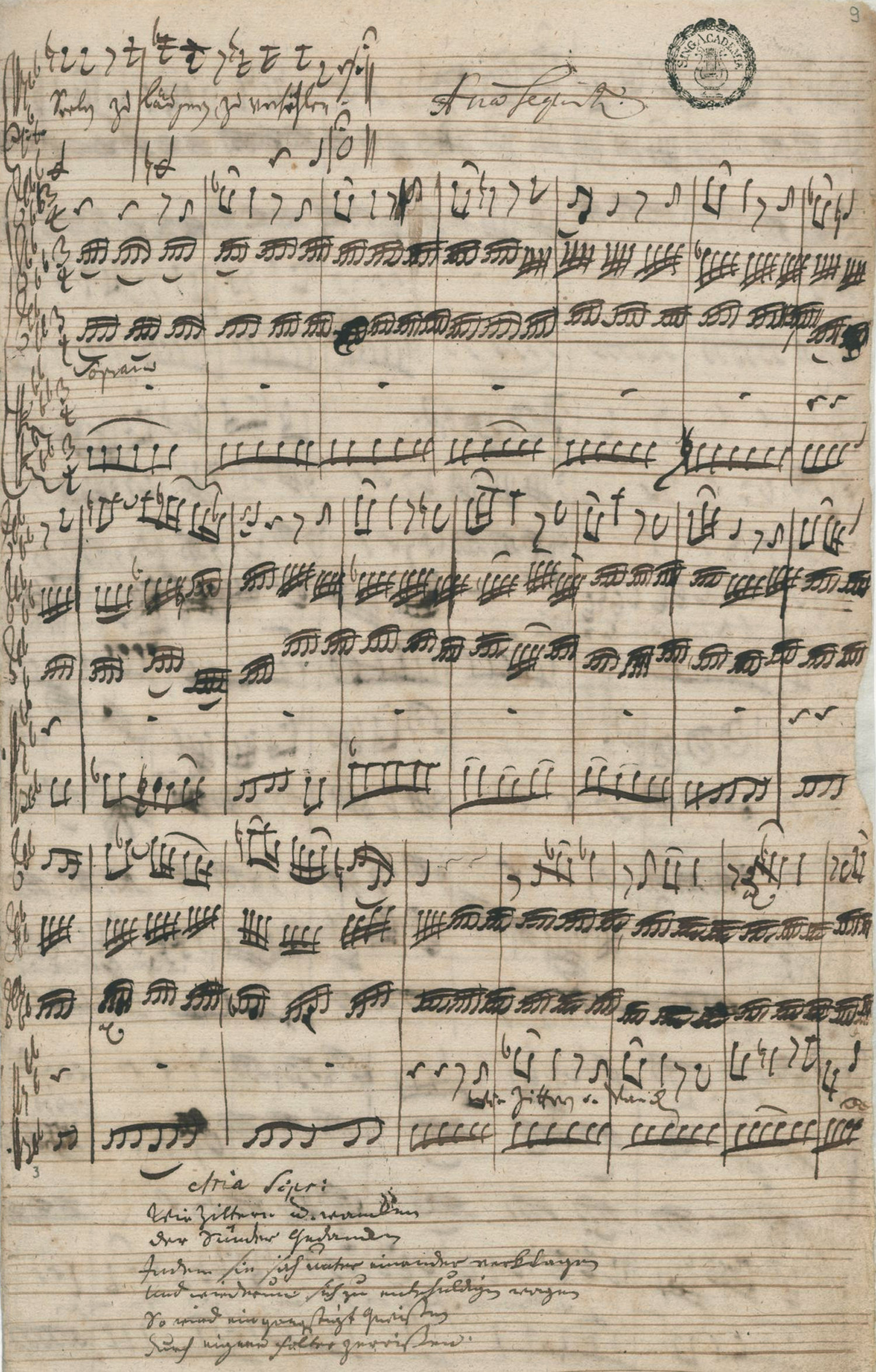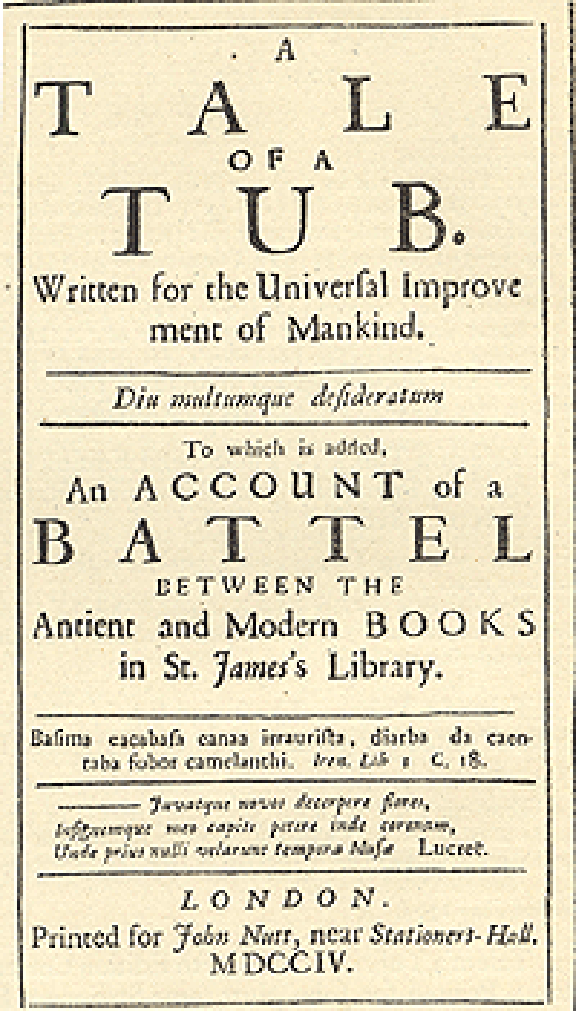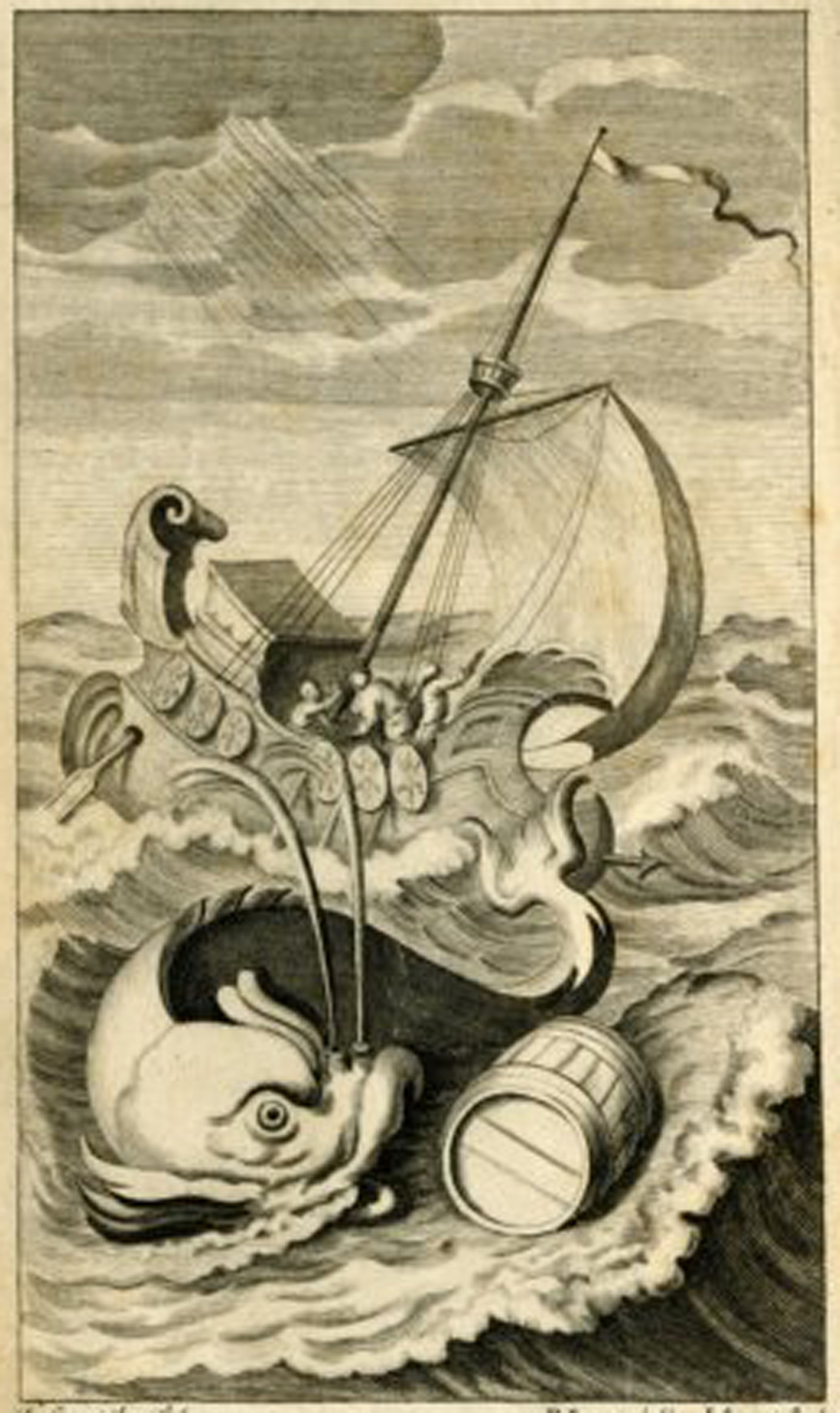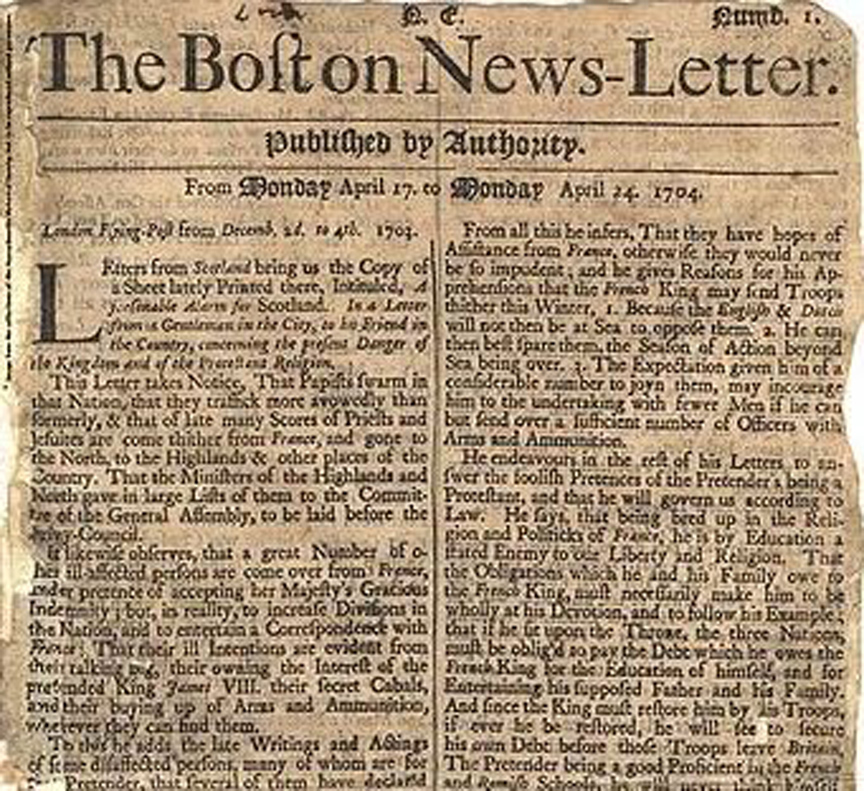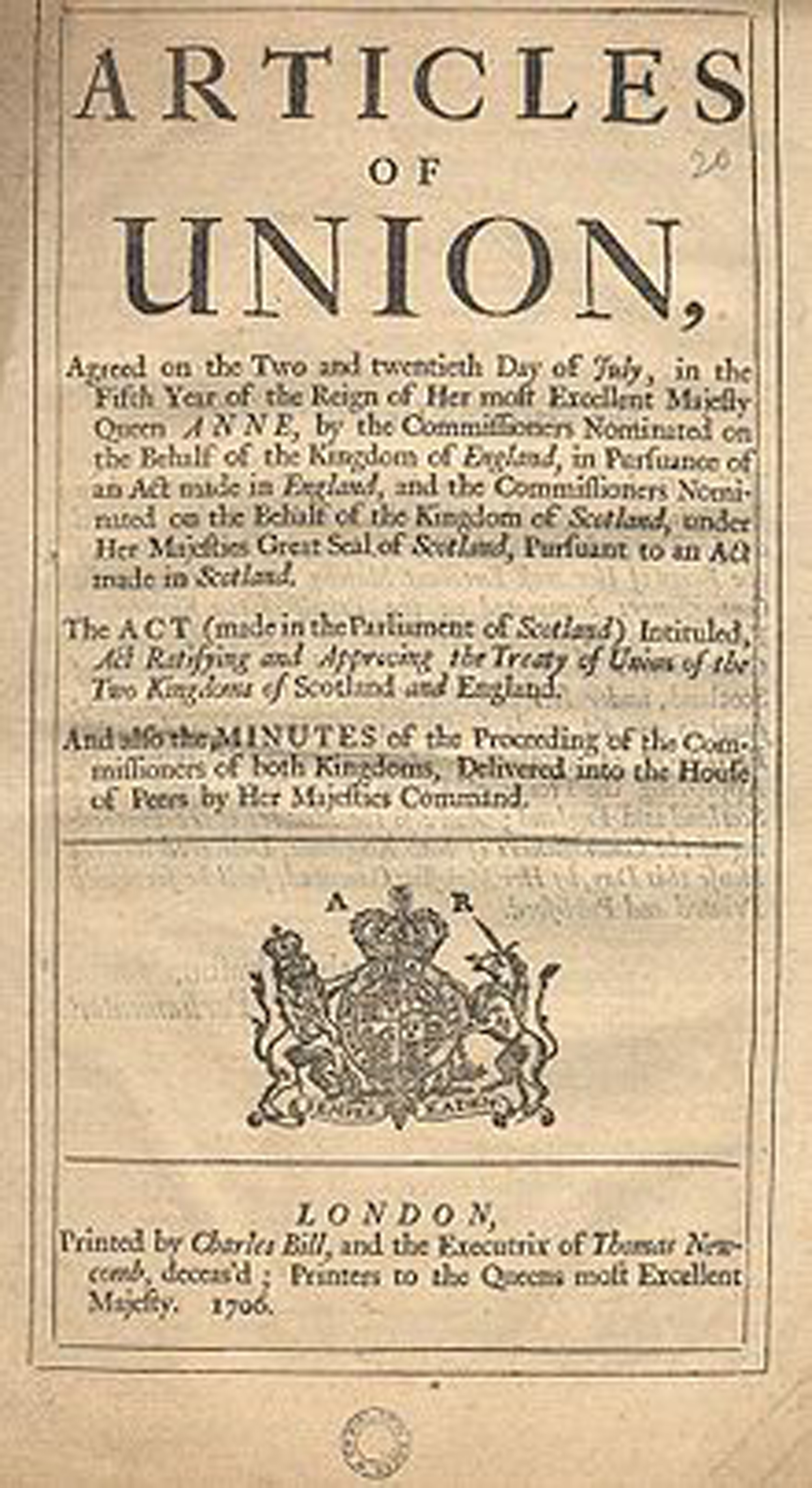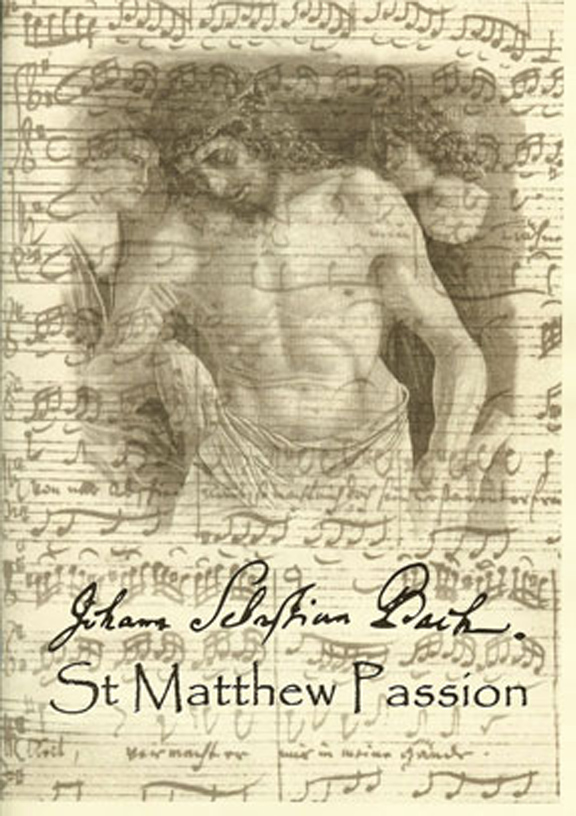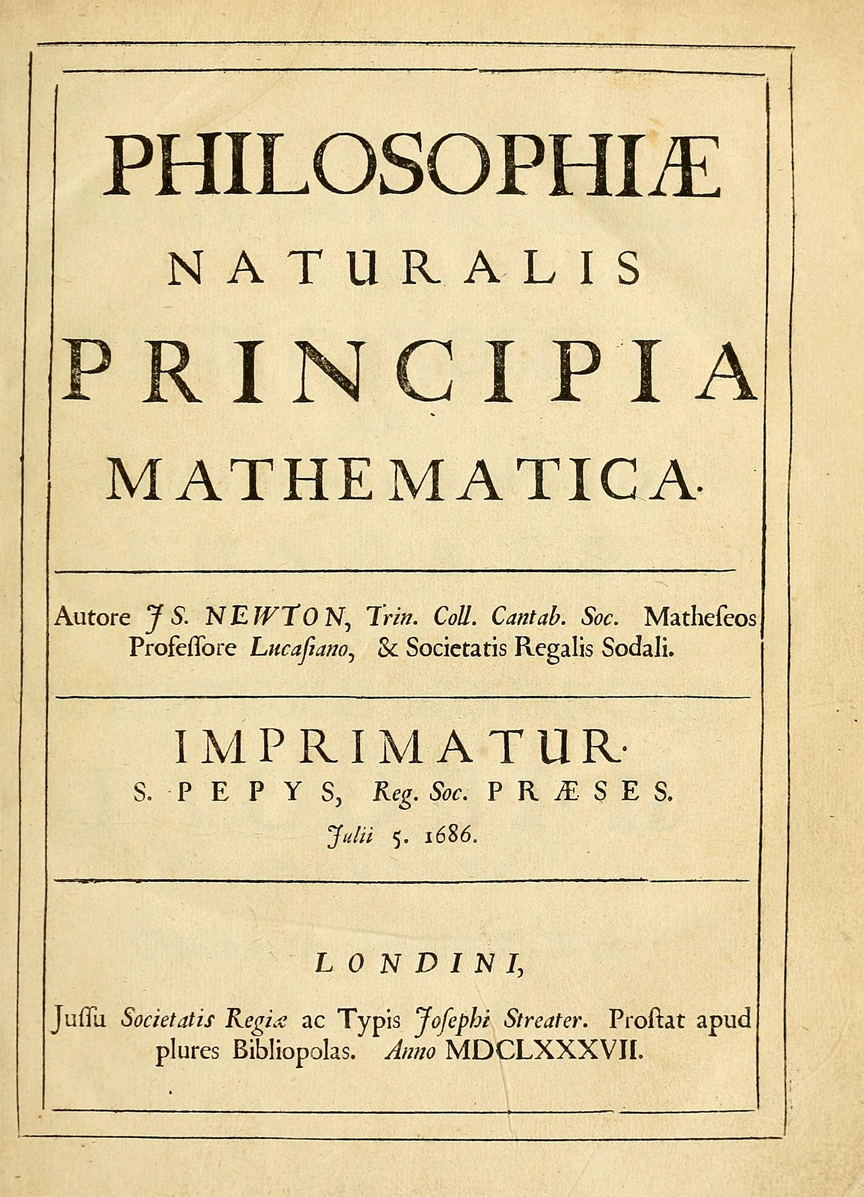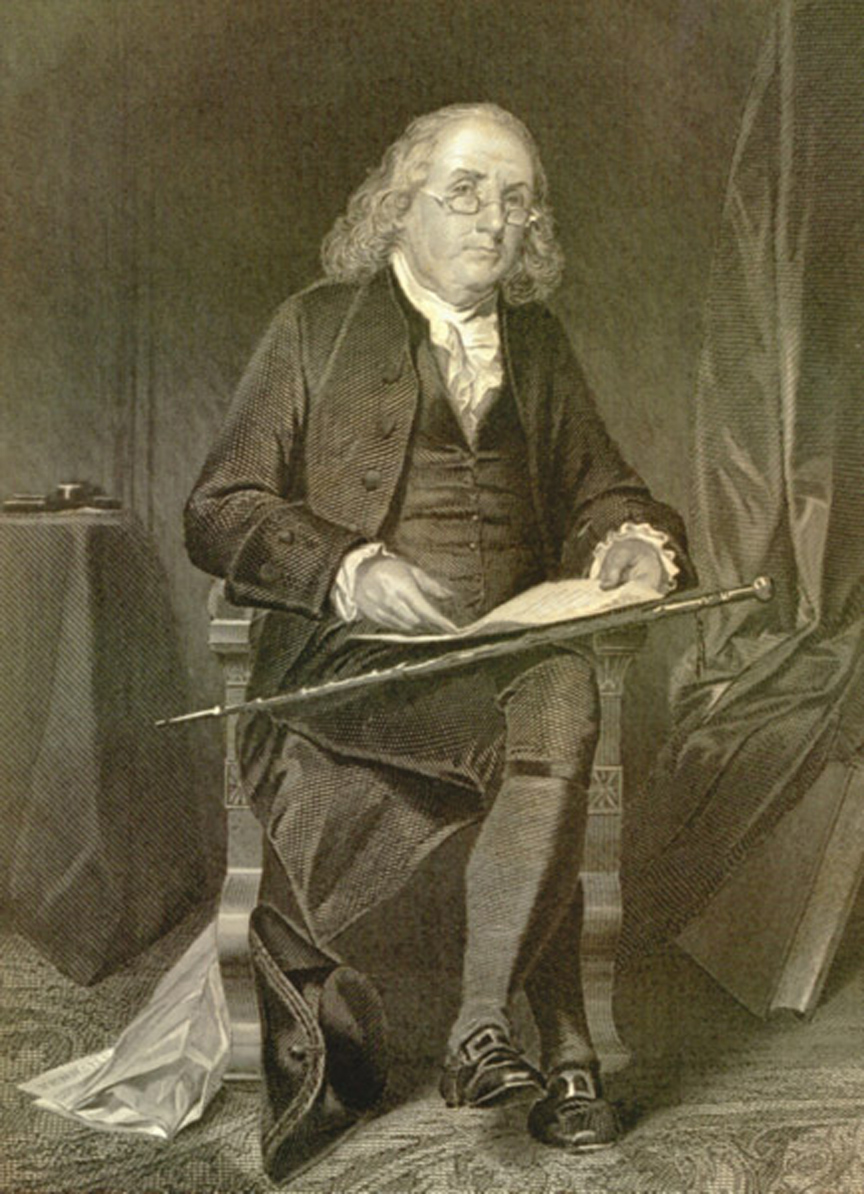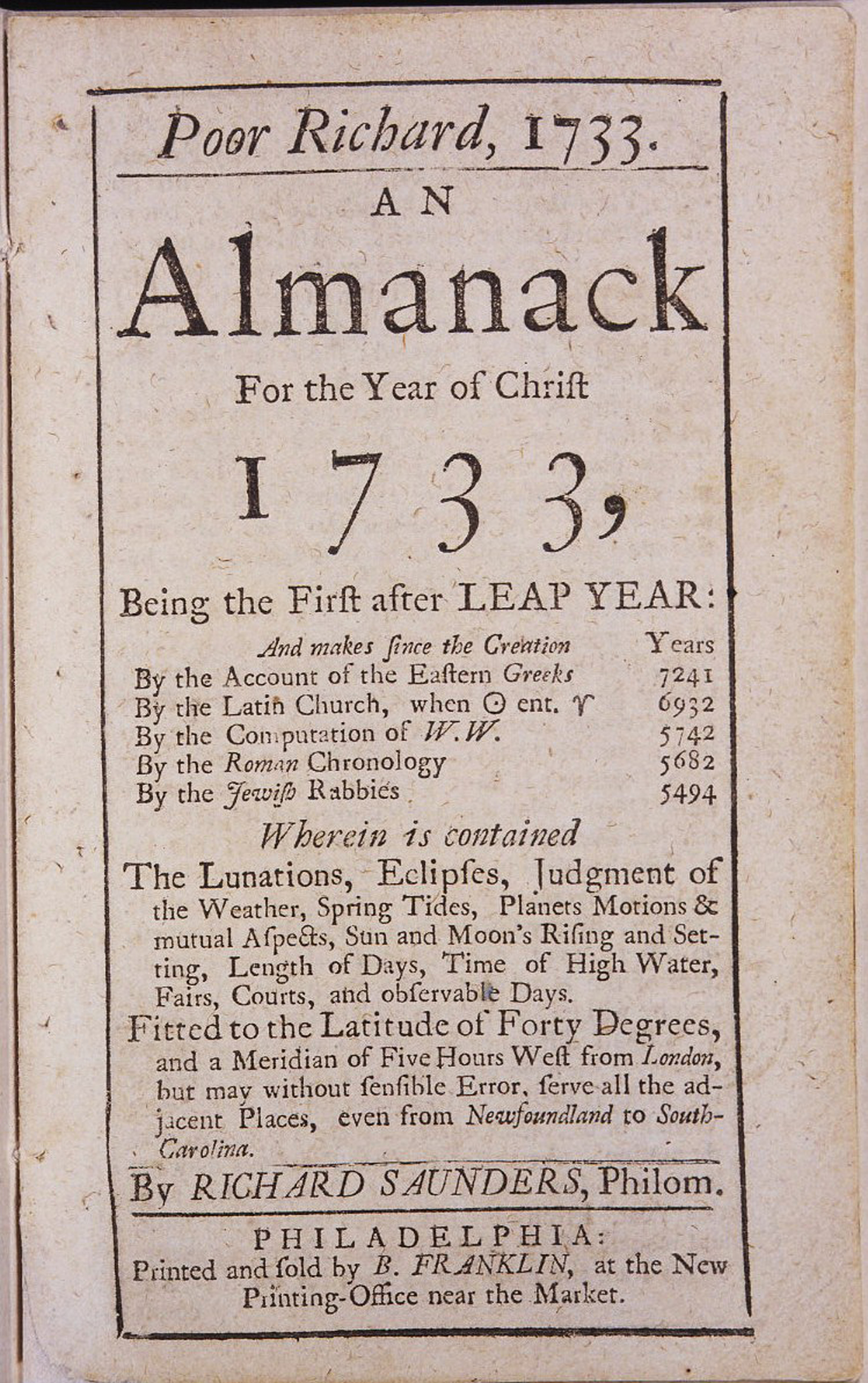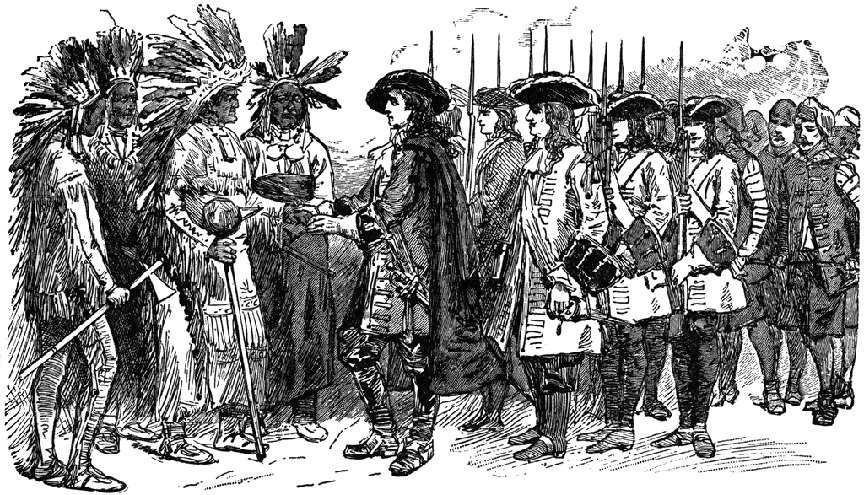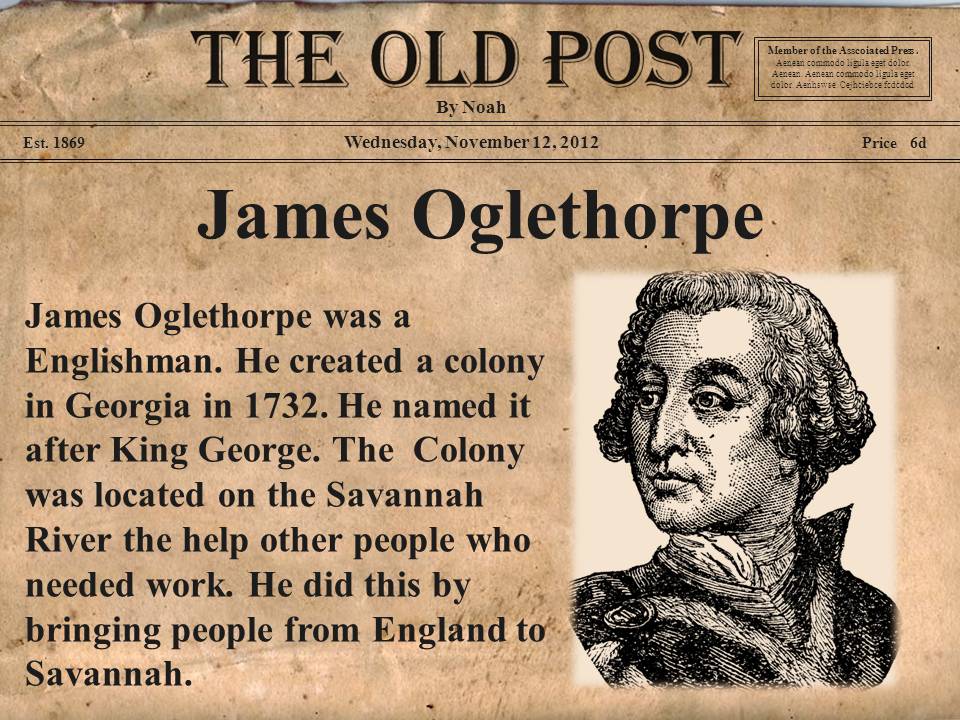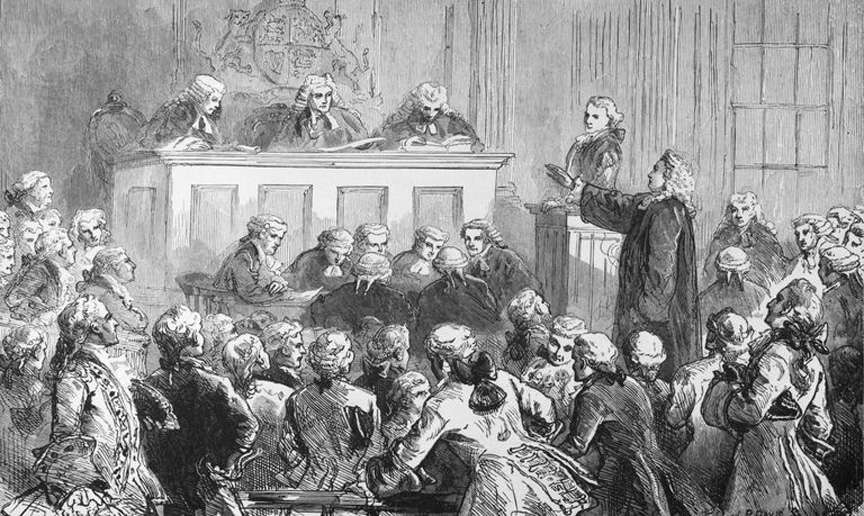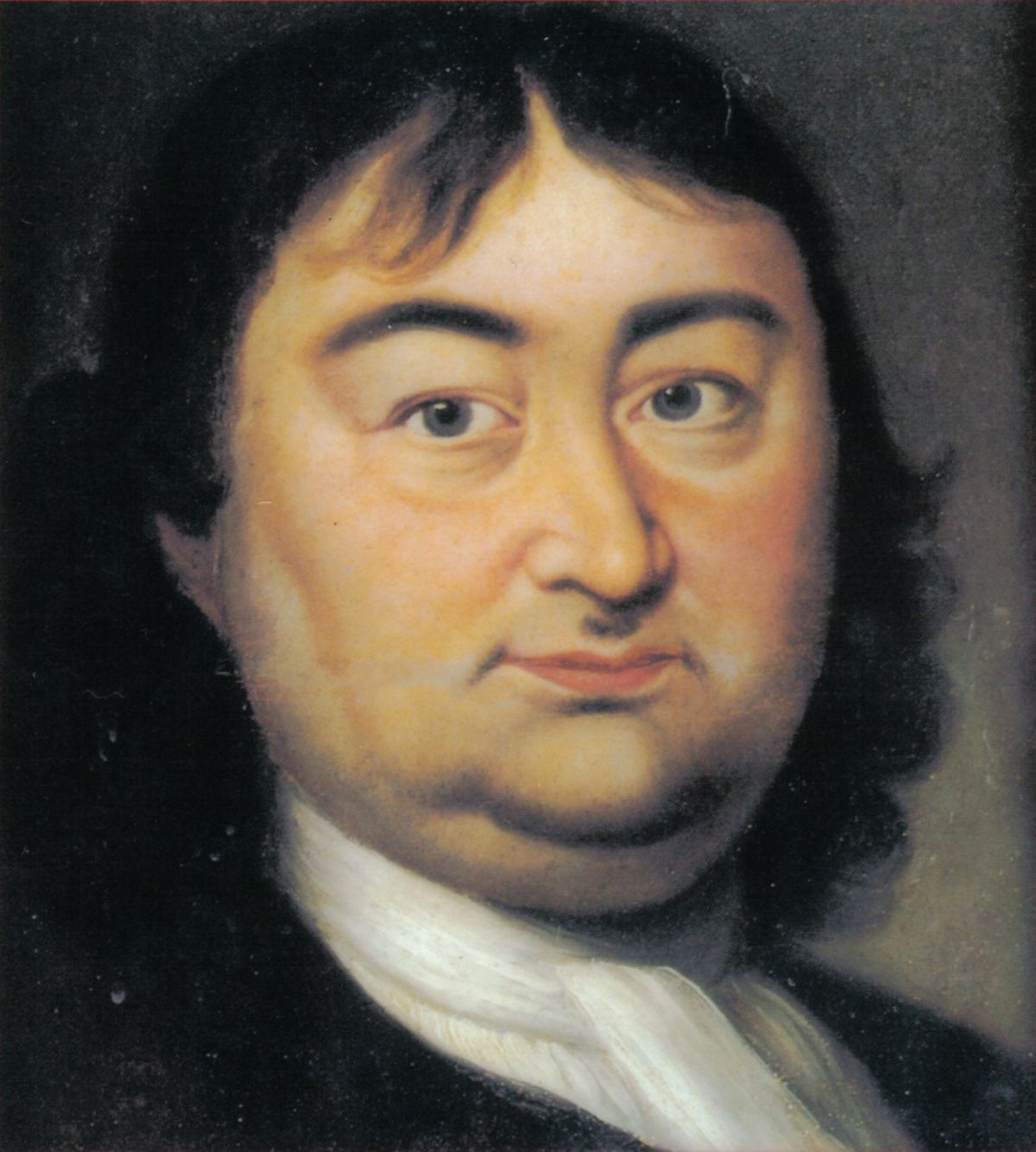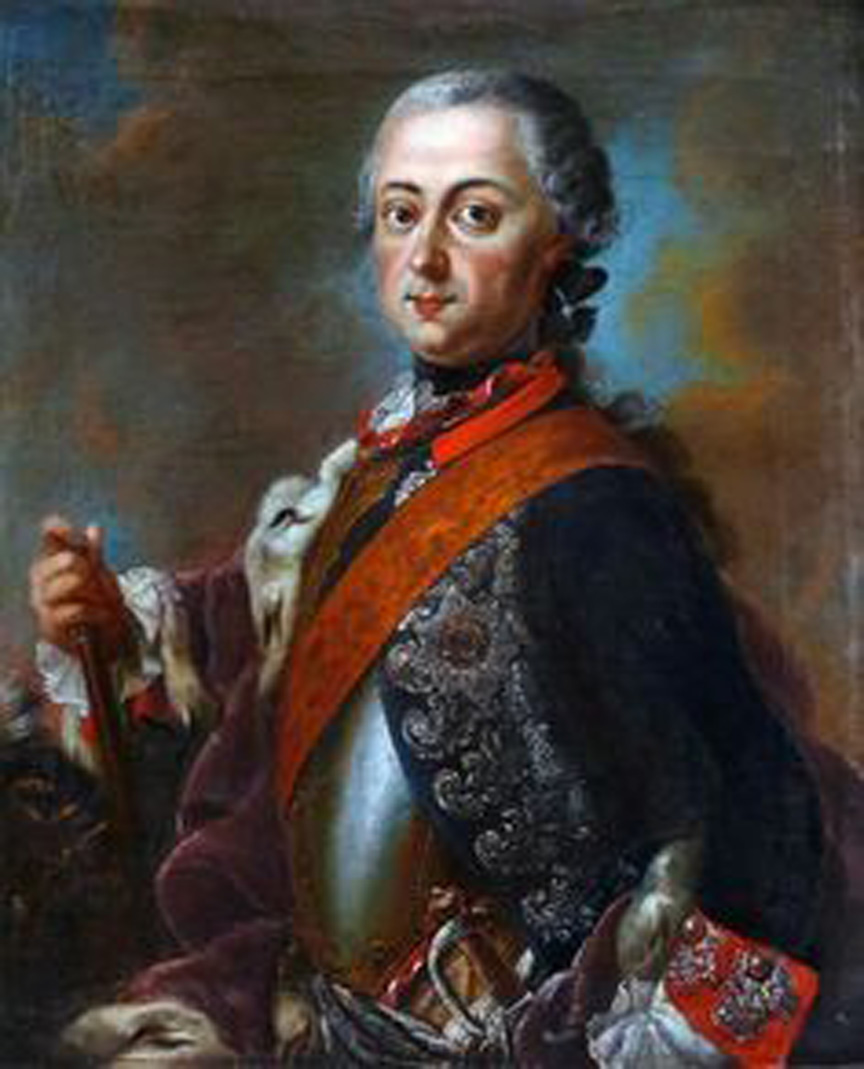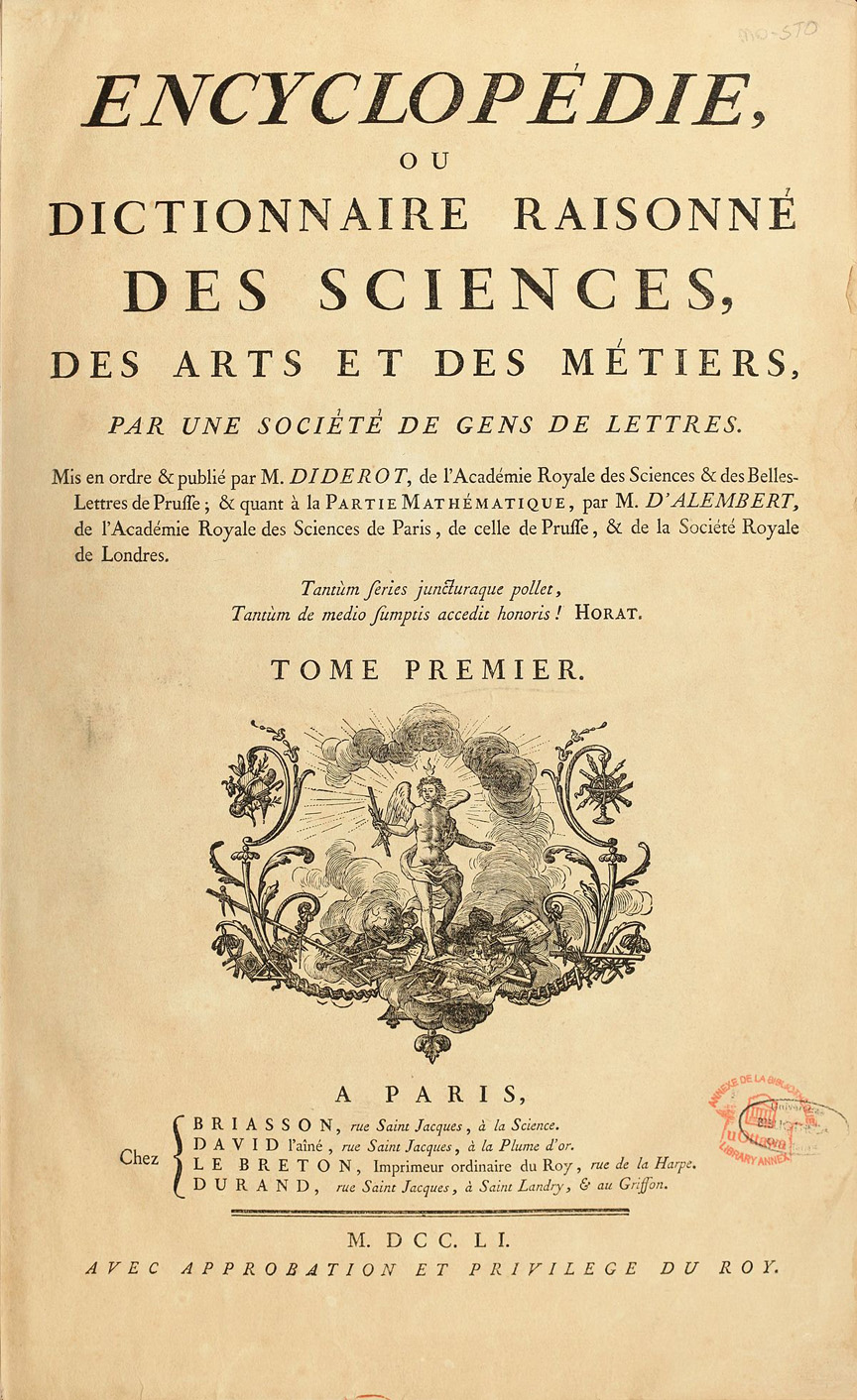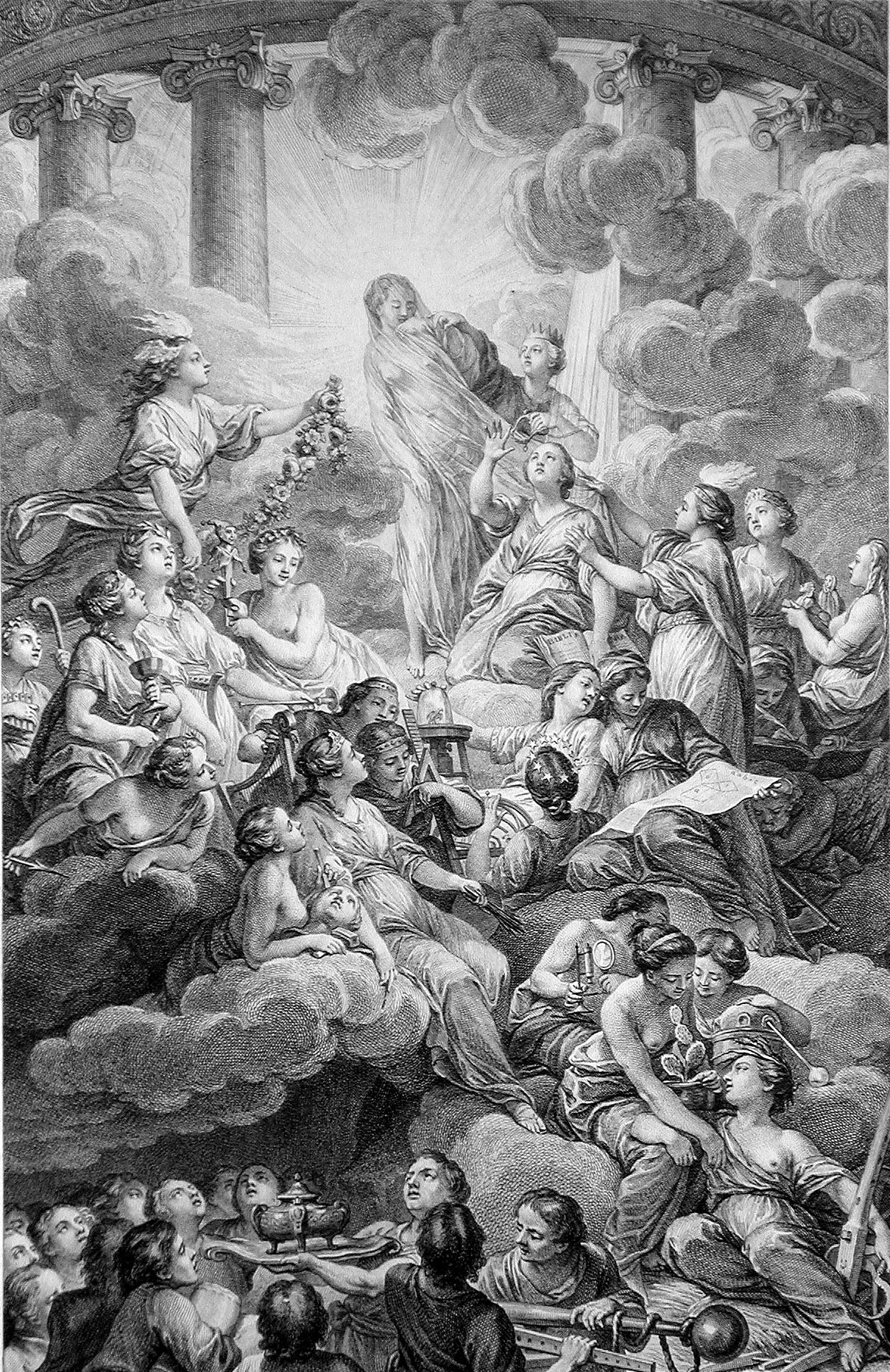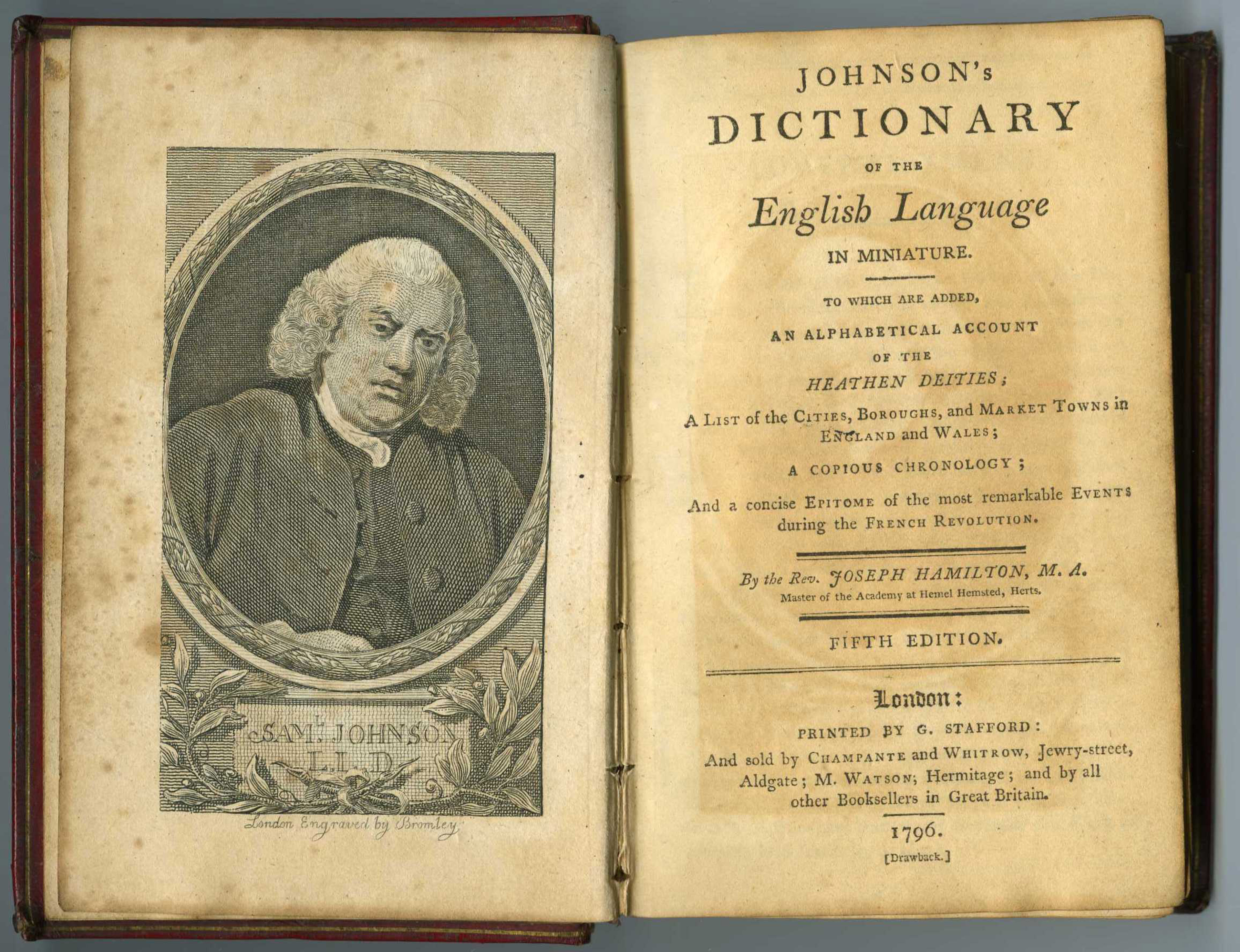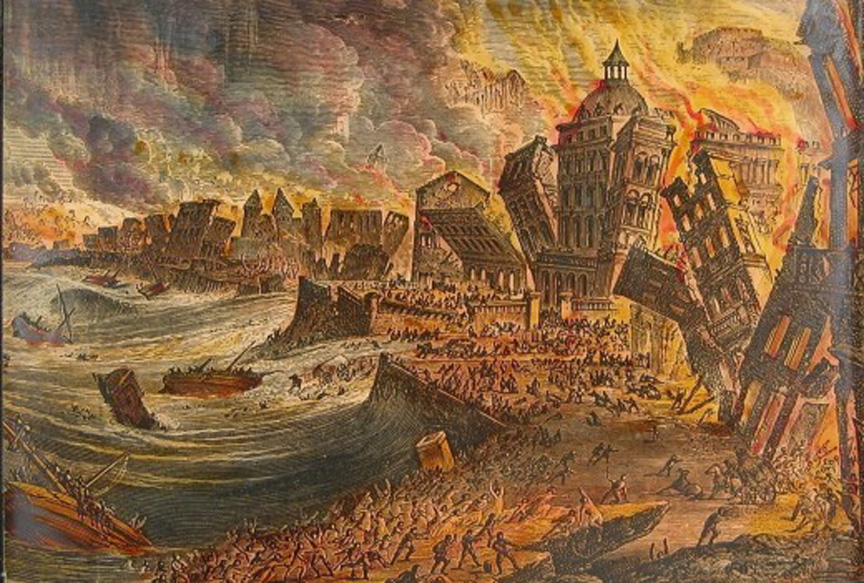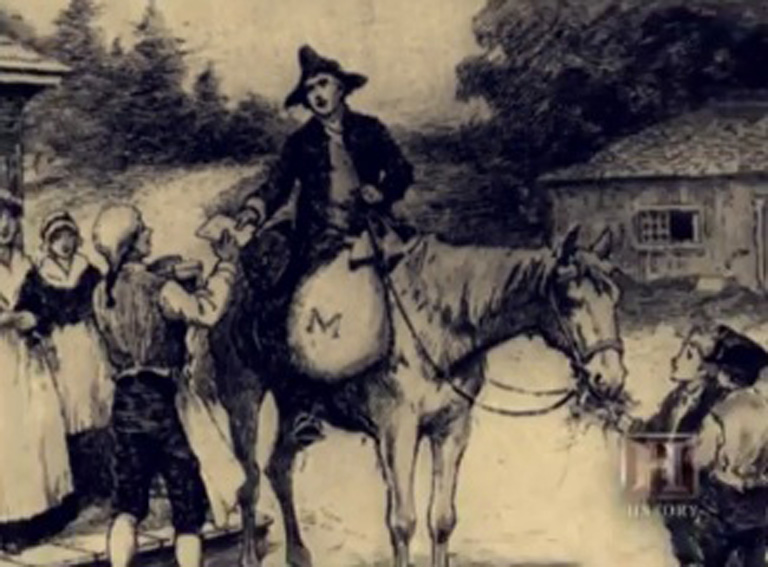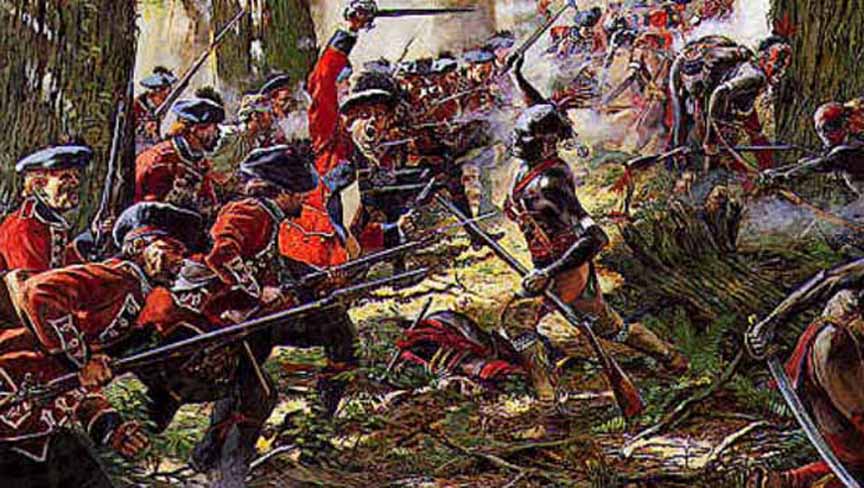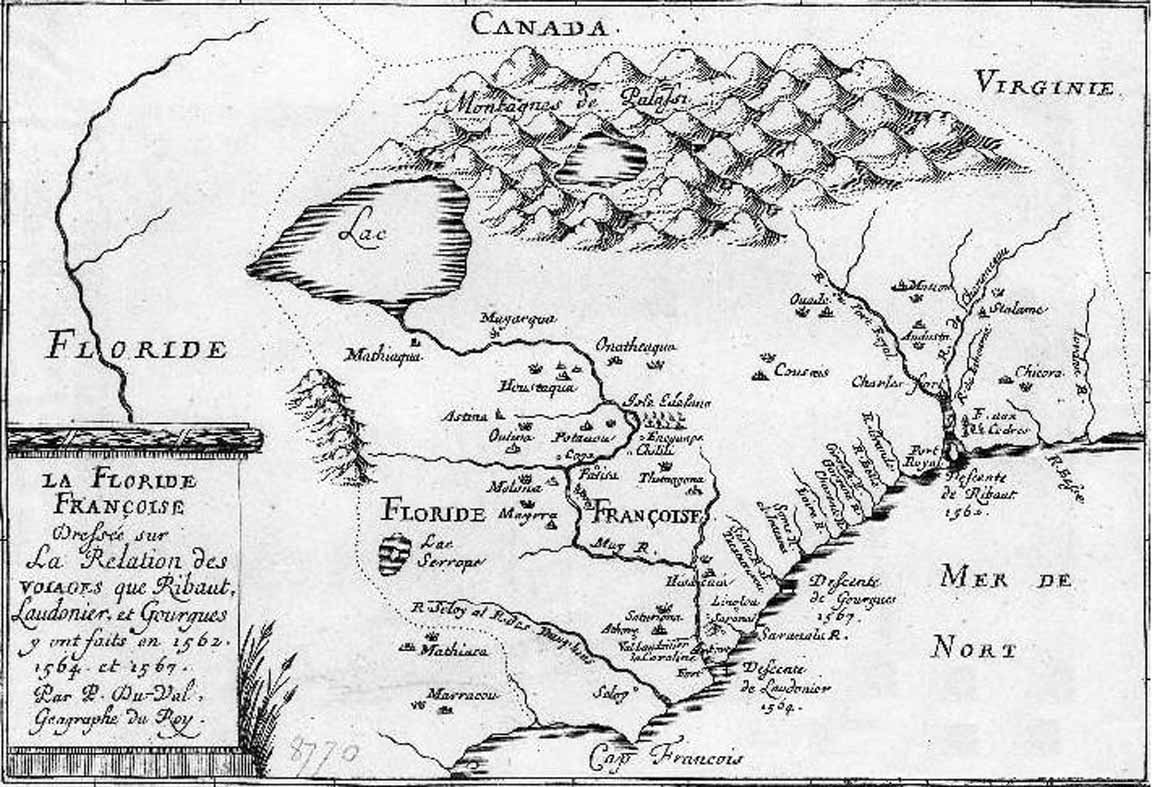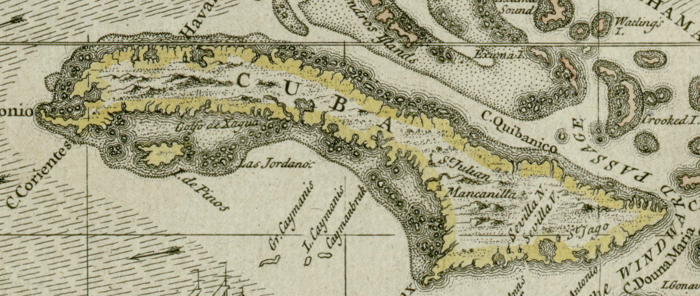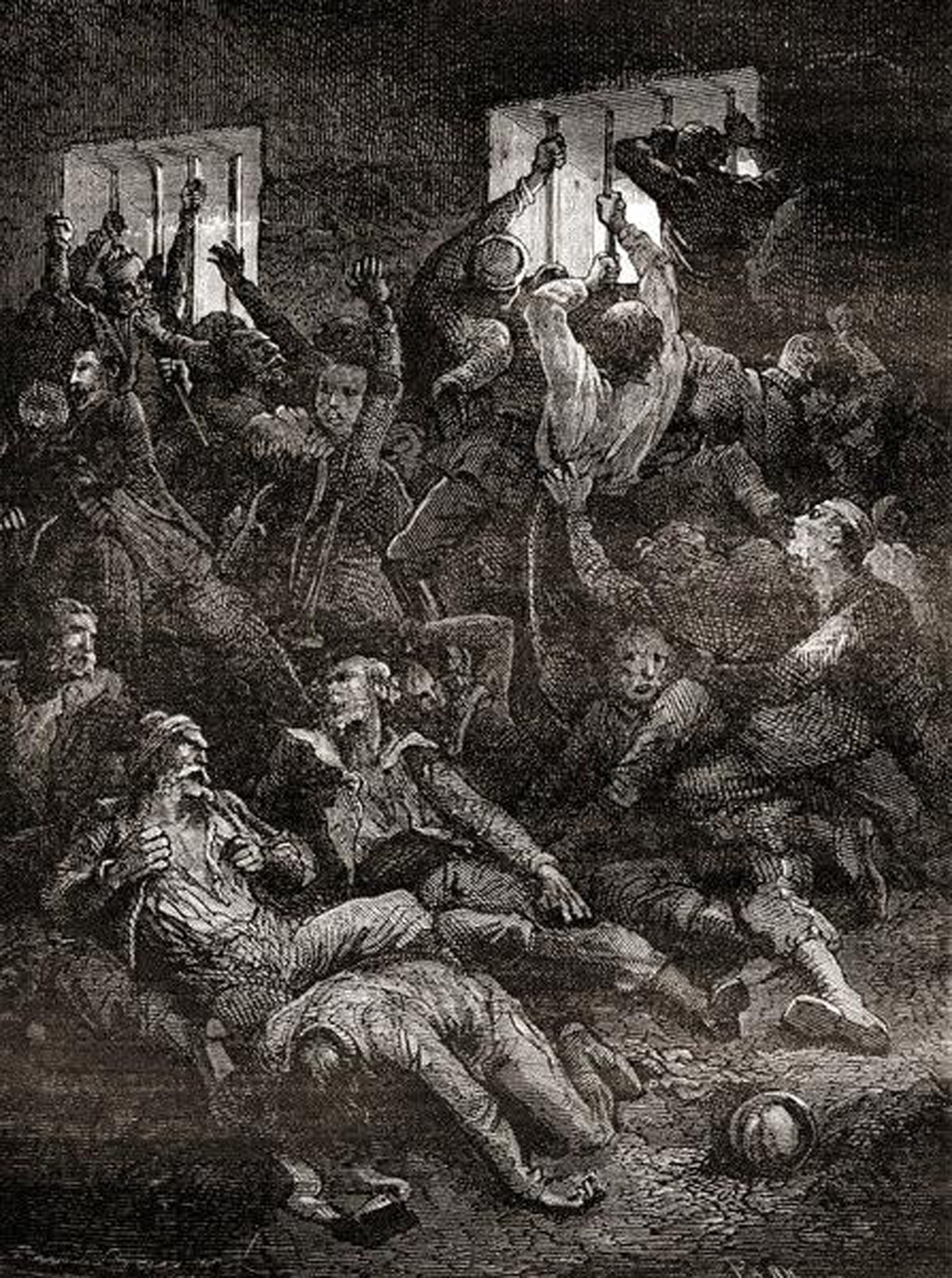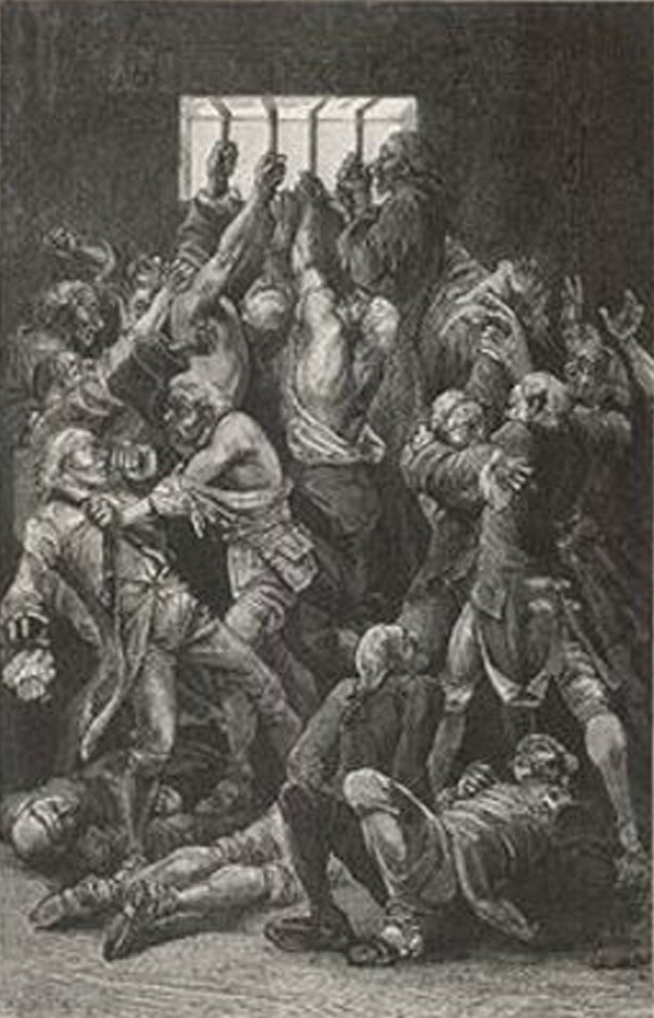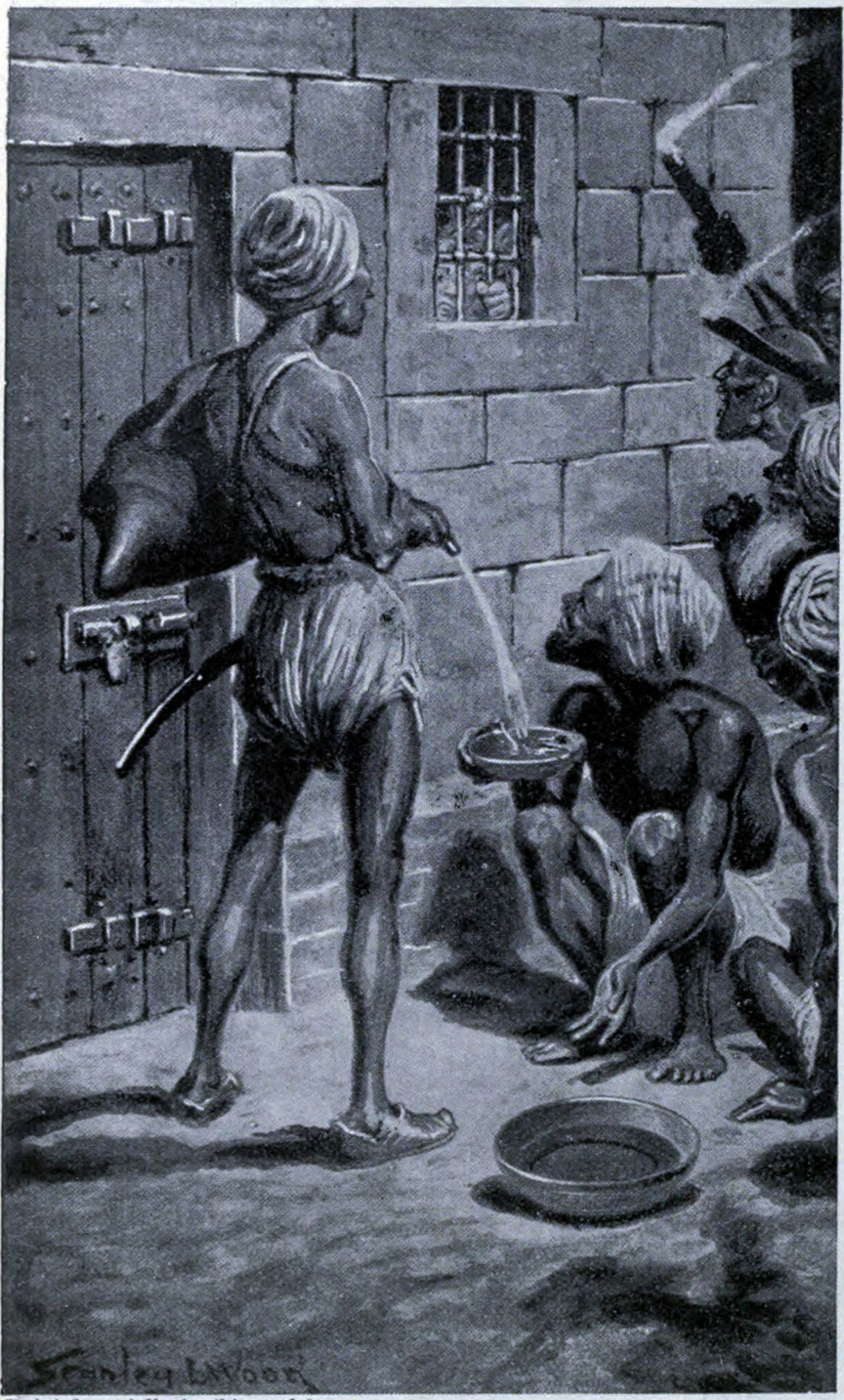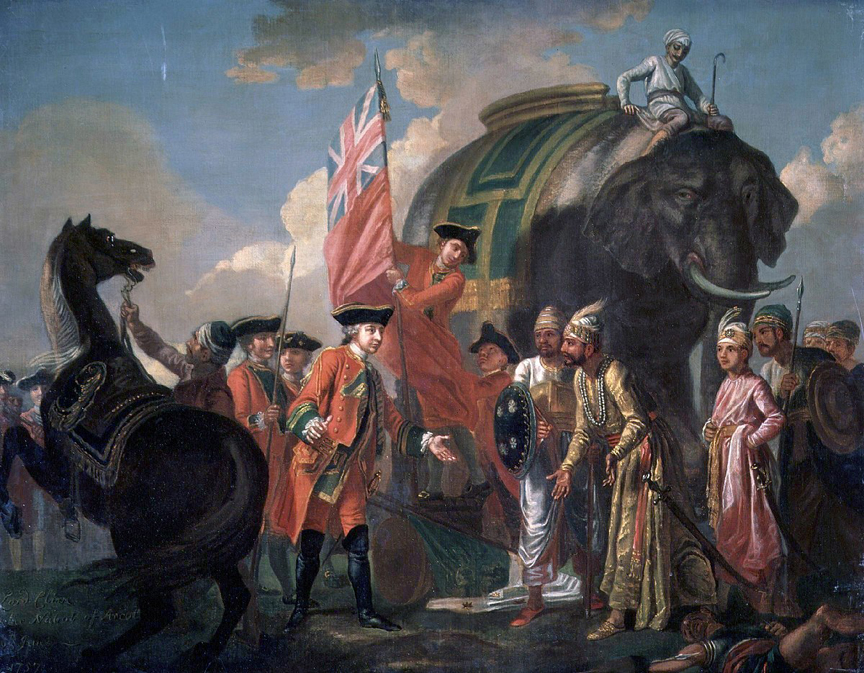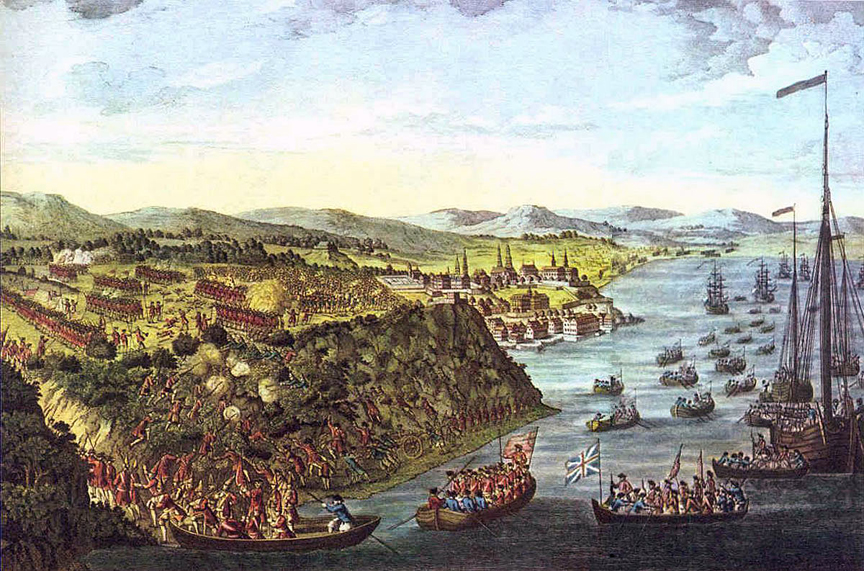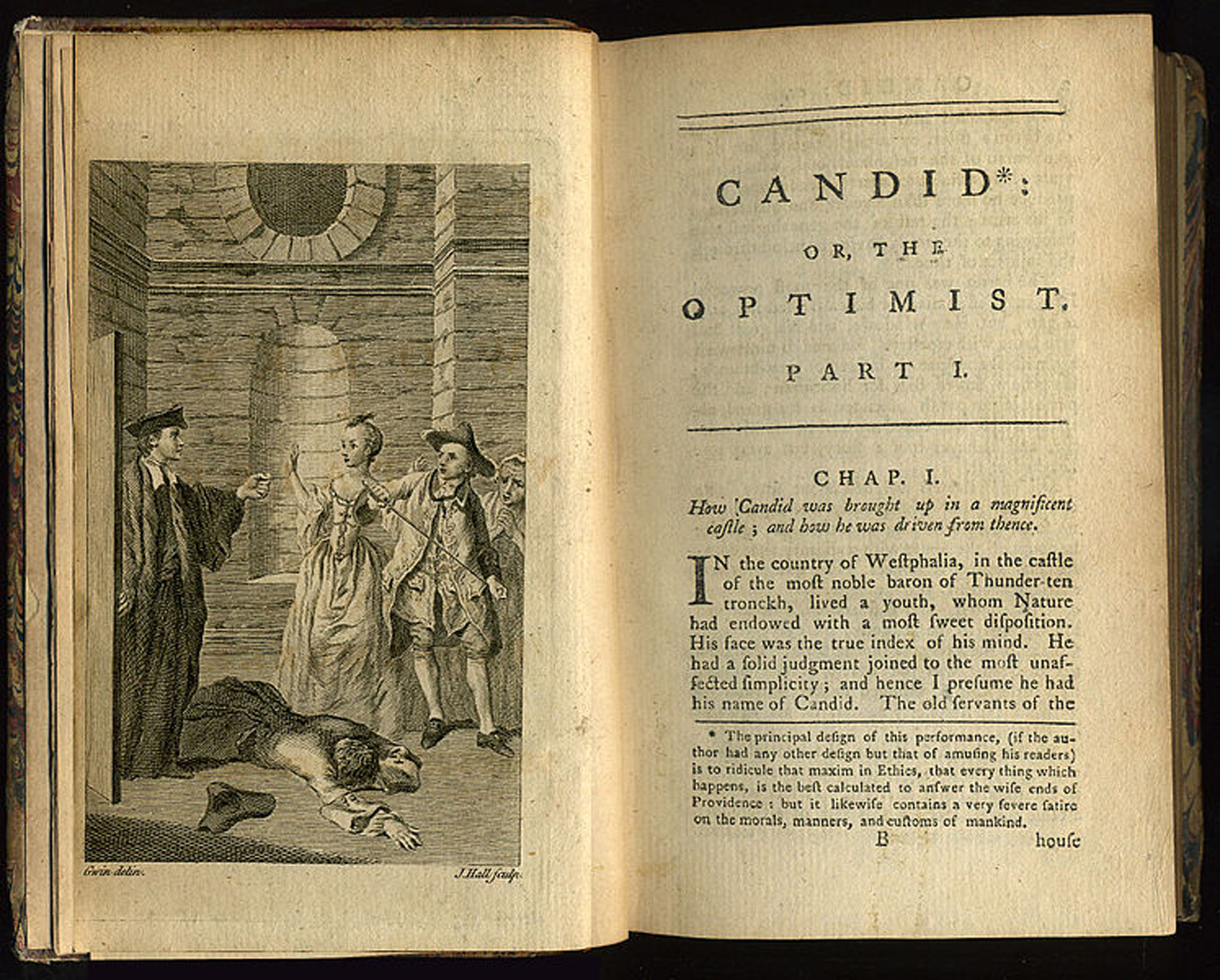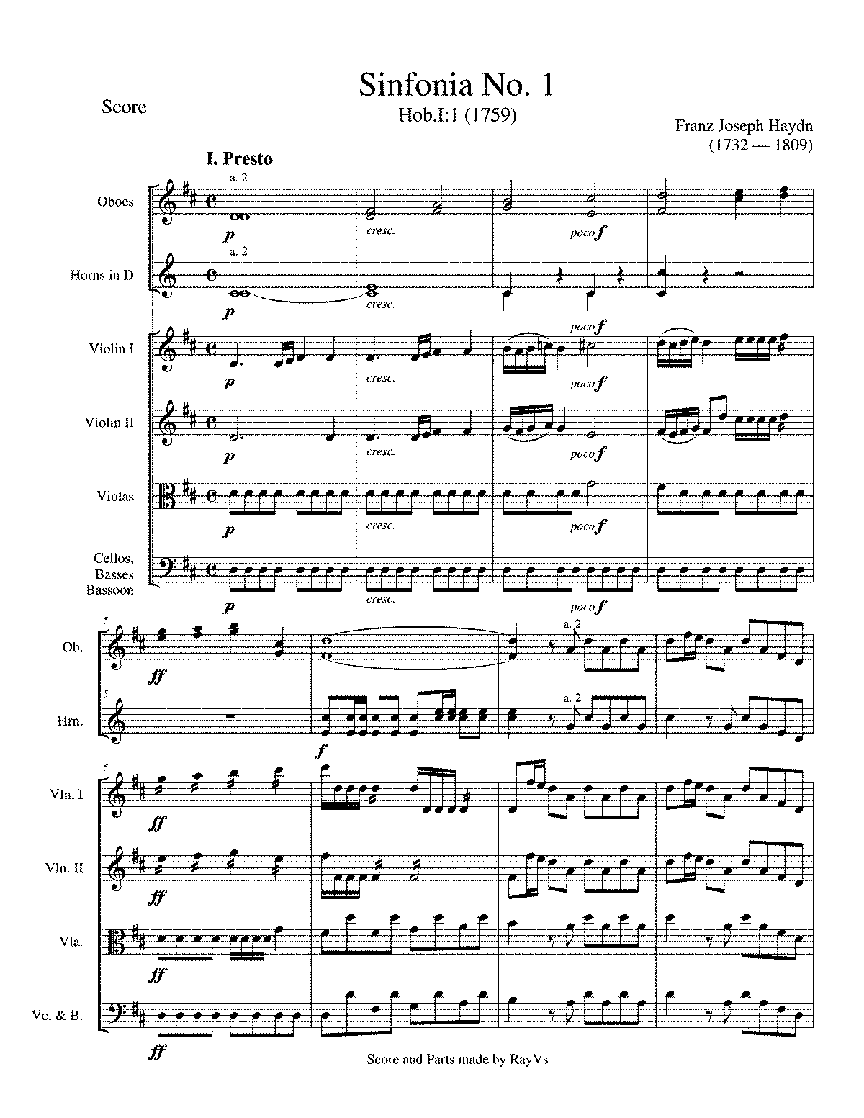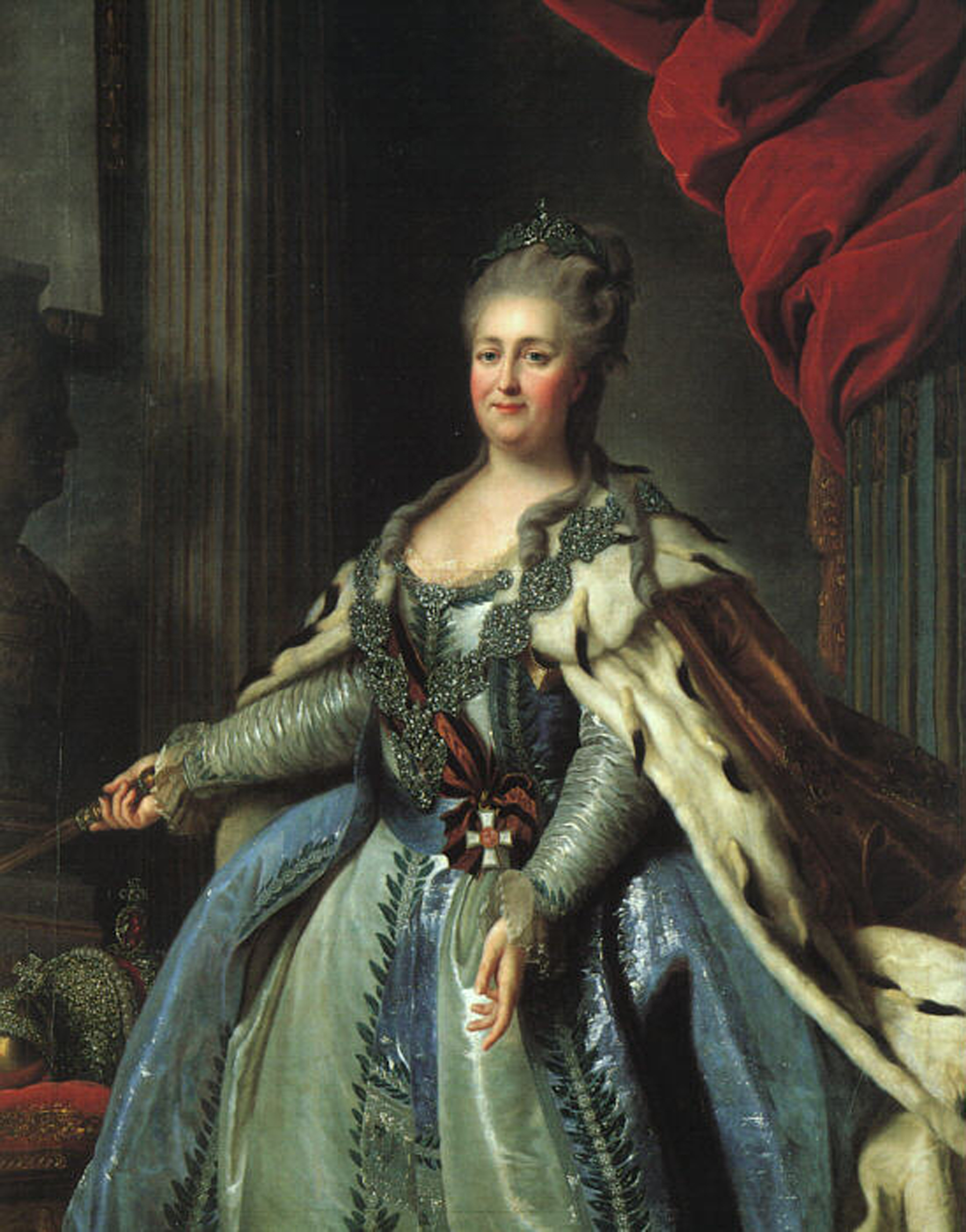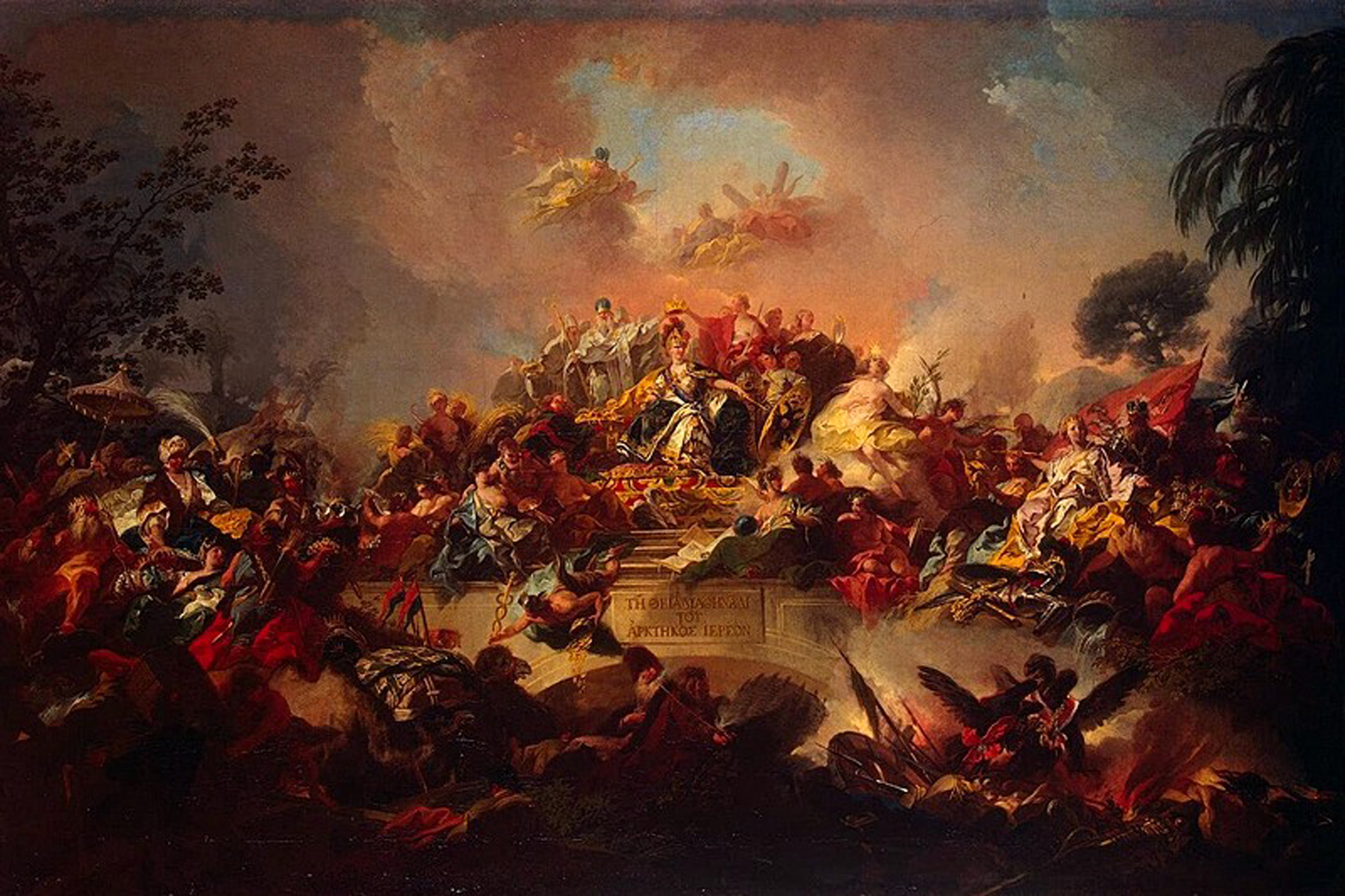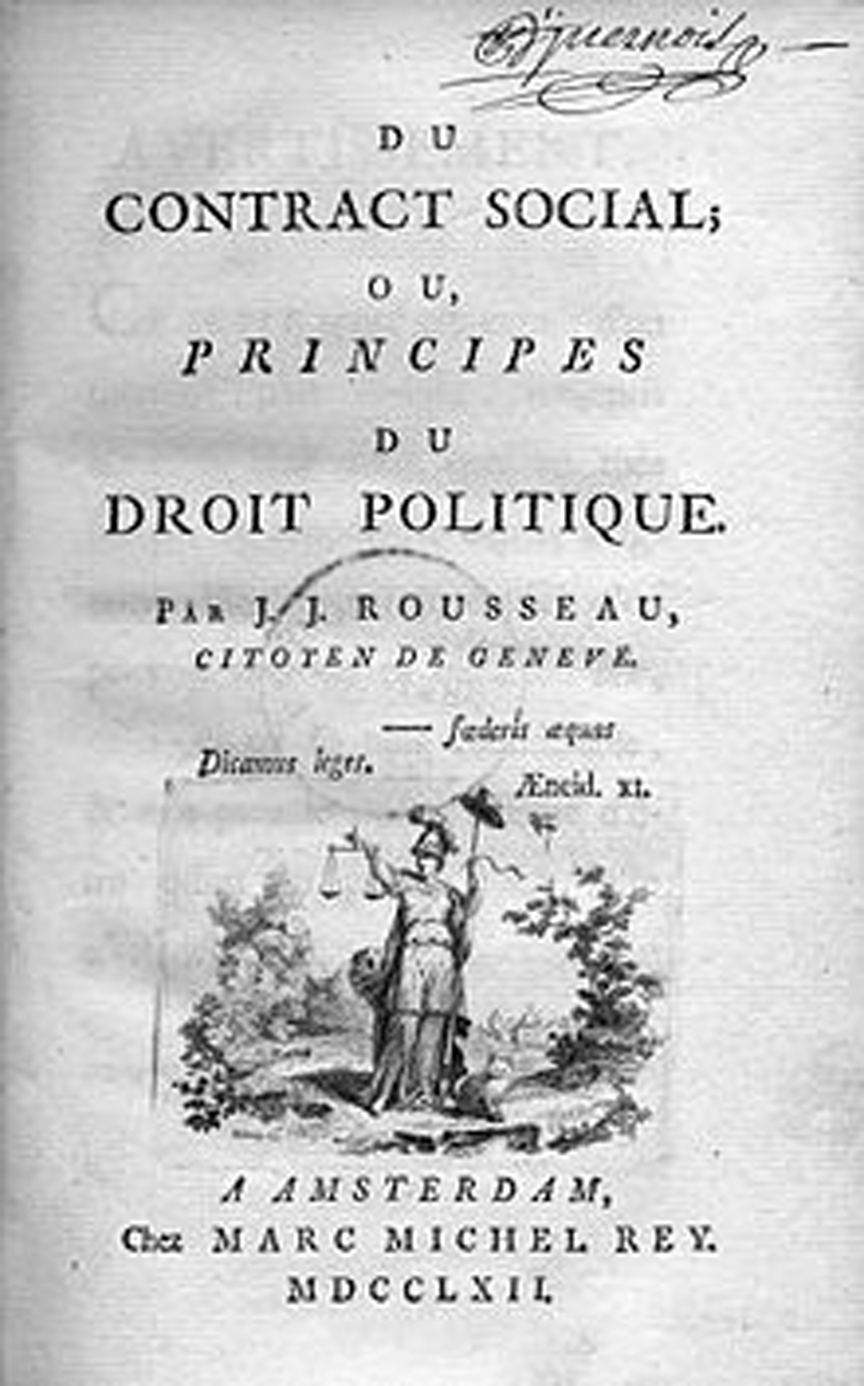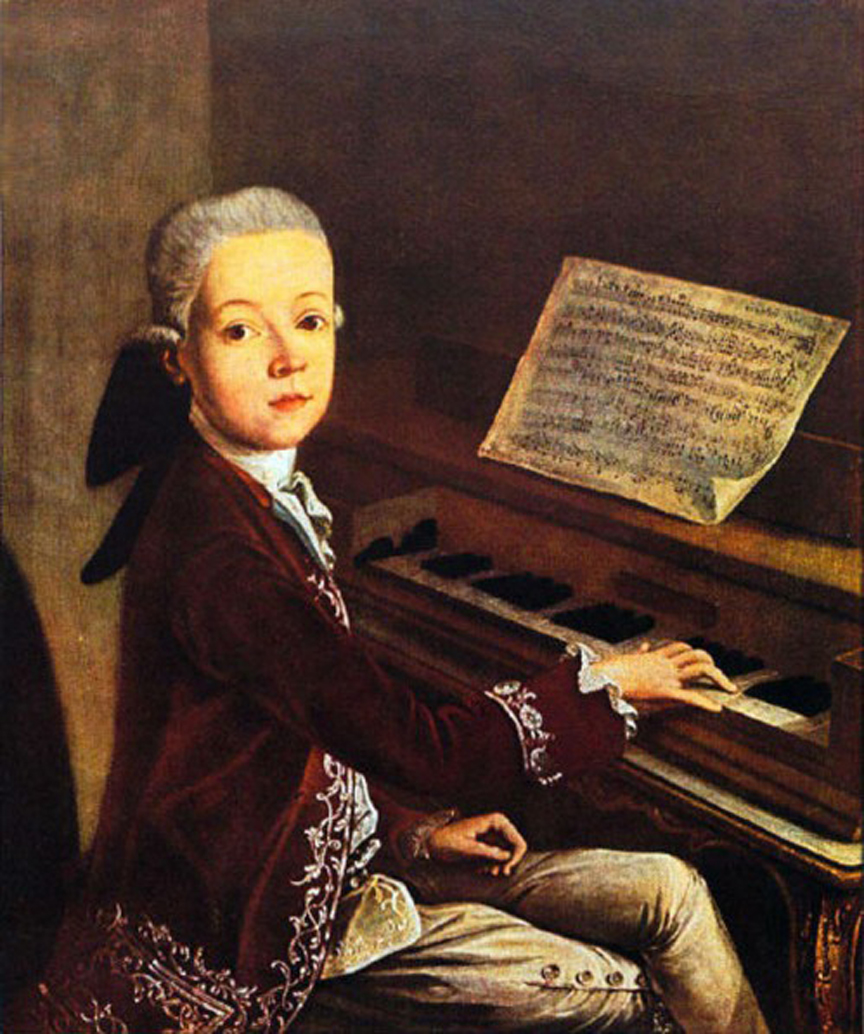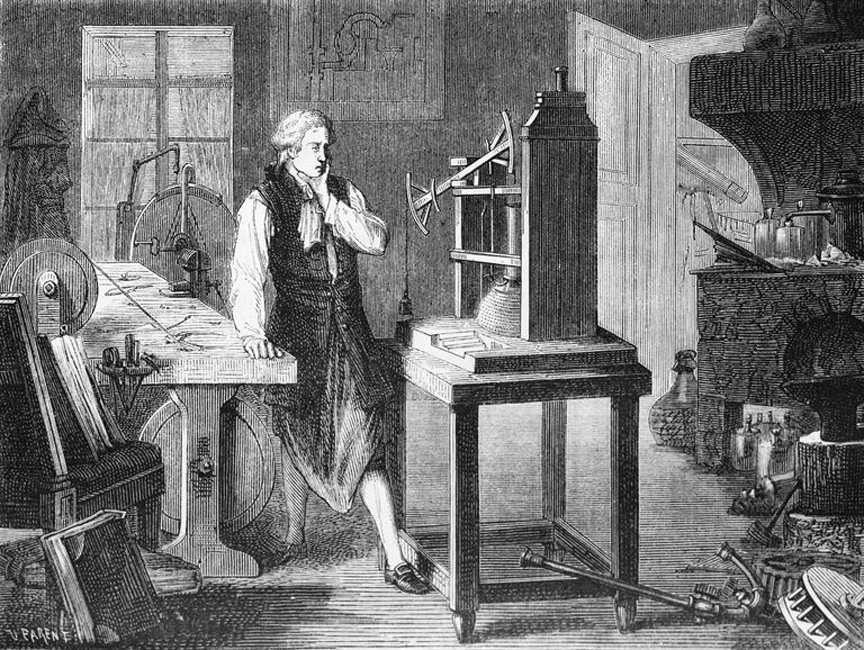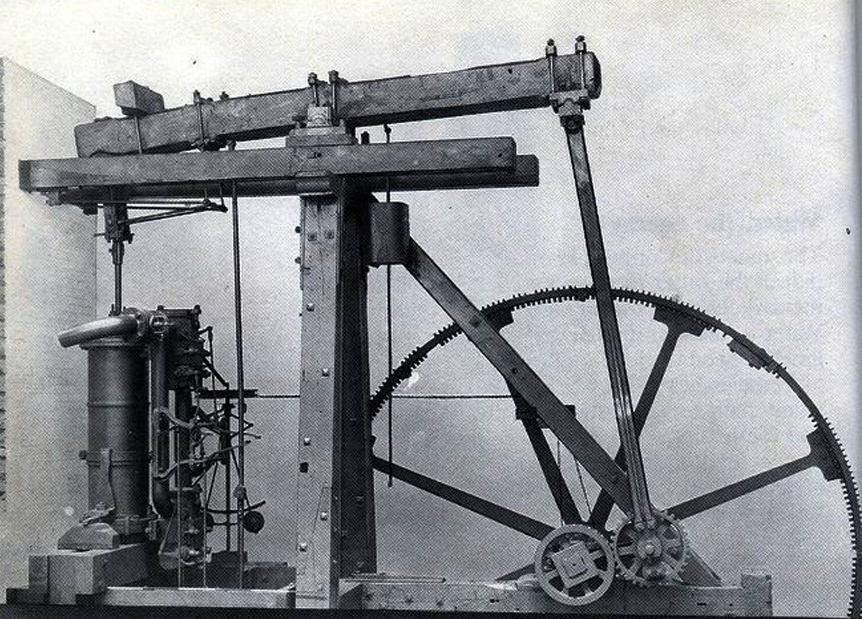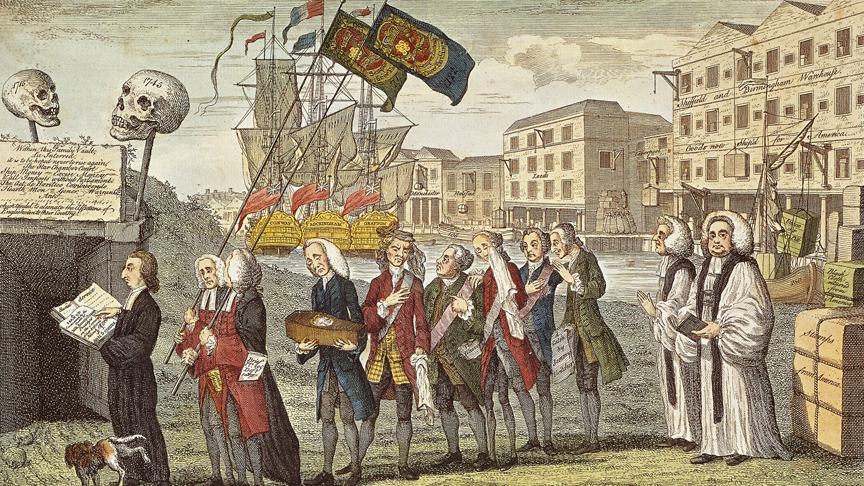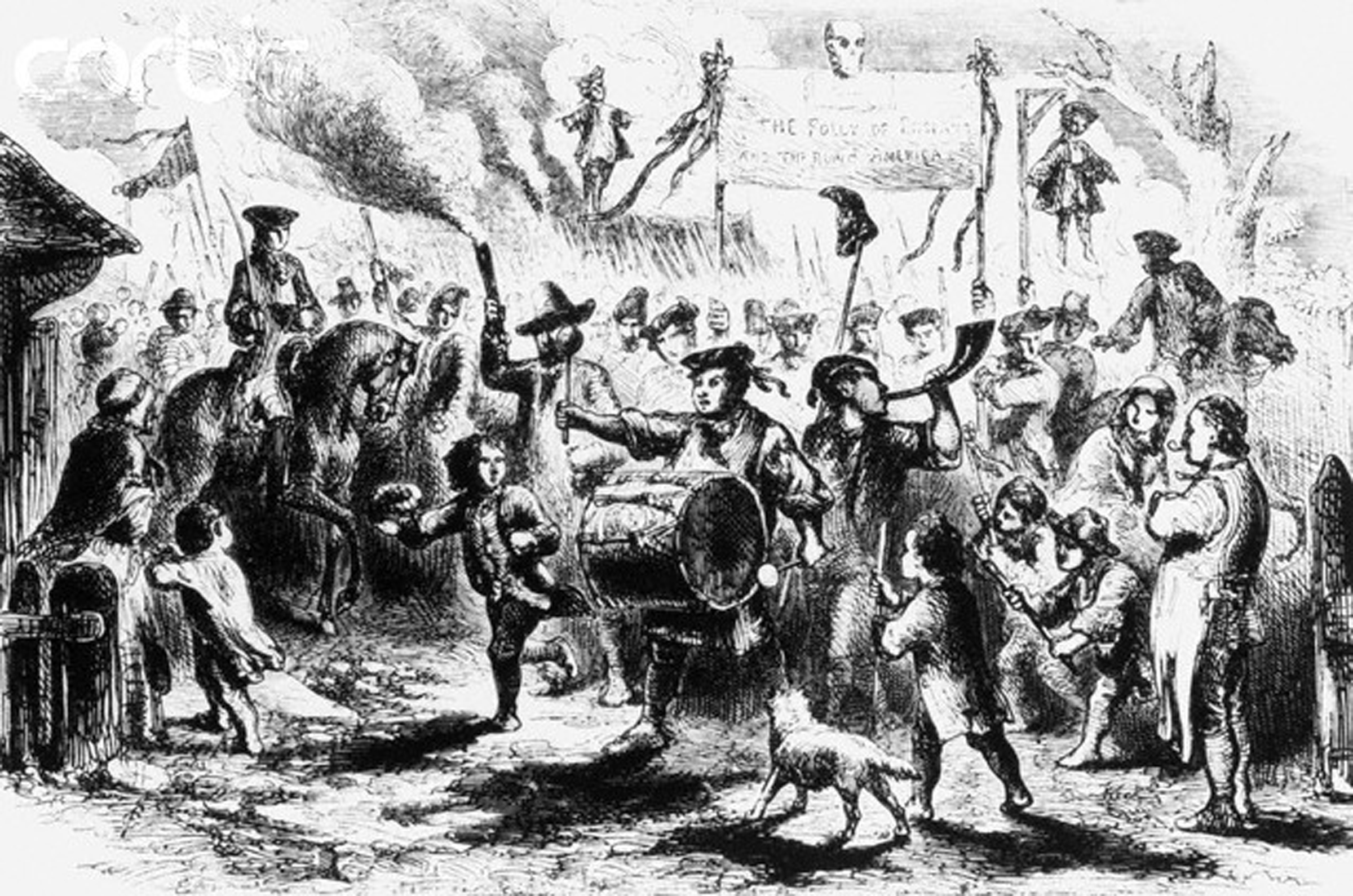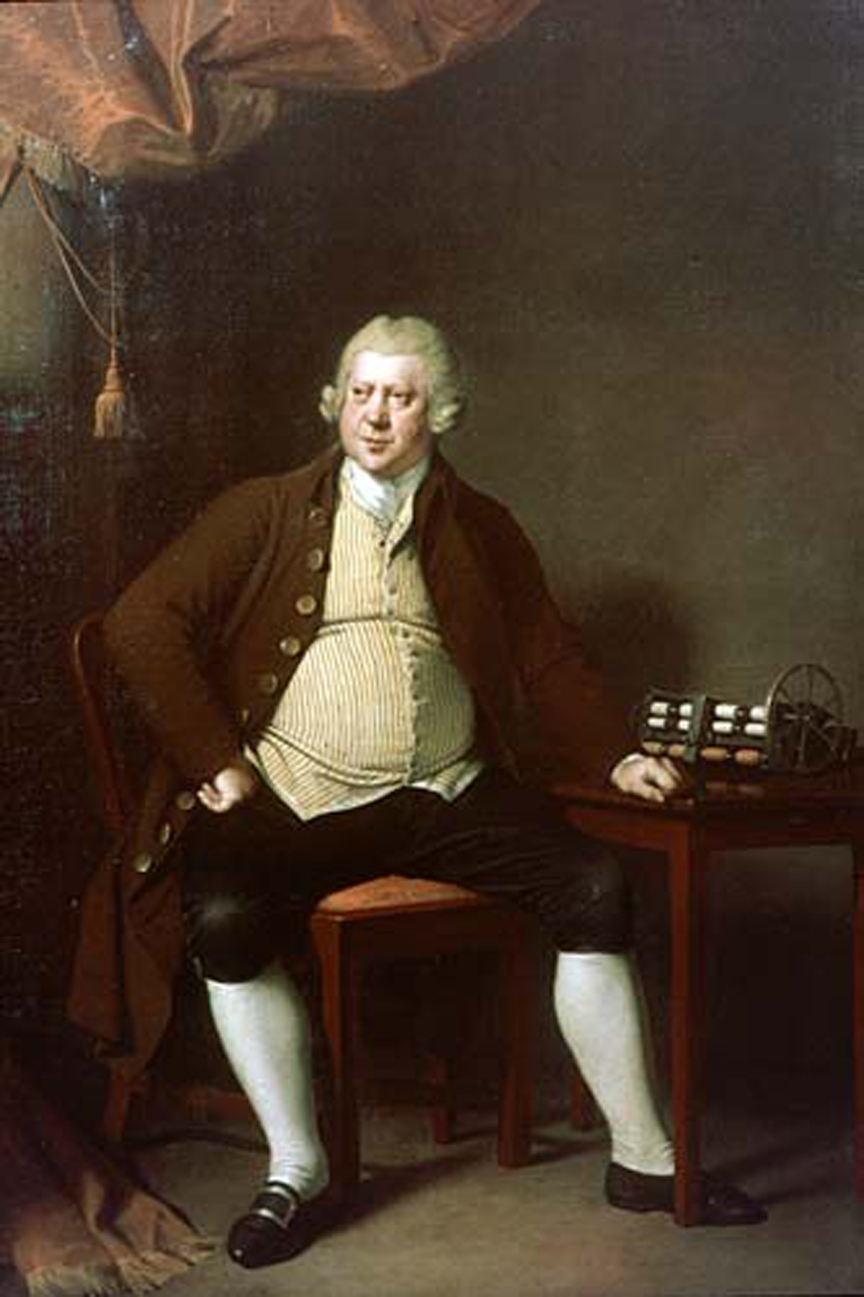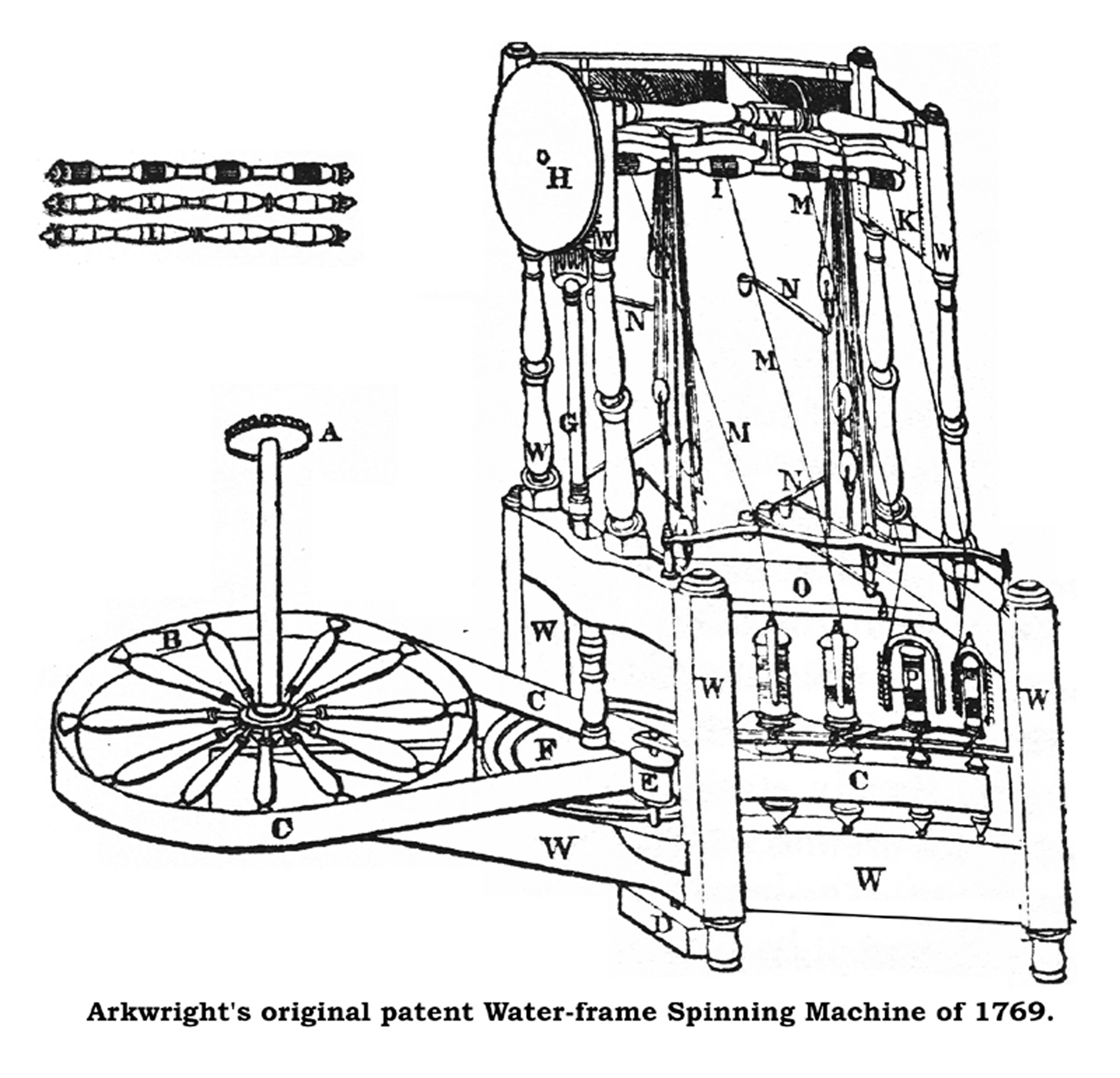1701
War of the Spanish Succession begins—the last of Louis XIV’s wars for domination of the continent.
The Peace of Utrecht (1714) will end the conflict and mark the rise of the British Empire.
Called Queen Anne’s War in America, it ends with the British taking New Foundland, Acadia, and Hudson’s Bay Territory from France, and Gibraltar and Minorca from Spain.
1704
Deerfield (Mass.) Massacre of English colonists by French and Indians.
Bach’s first cantata.
Jonathan Swift’s Tale of a Tub.
Boston News Letter—first newspaper in America.
1707
United Kingdom of Great Britain formed—England, Wales, and Scotland joined by parliamentary Act of Union.
1729
Bach’s St. Matthew Passion.
Isaac Newton’s Principia translated from Latin into English.
1732
Benjamin Franklin begins publishing Poor Richard’s Almanack.
James Oglethorpe and others found Georgia.
1735
John Peter Zenger, New York editor, acquitted of libel in New York, establishing press freedom.
1740
Capt. Vitus Bering, Dane employed by Russia, discovers Alaska.
Frederick II “the Great” crowned king of Prussia.
1746
British defeat Scots under Stuart Pretender Prince Charles at Culloden Moor. Last battle fought on British soil.
1751
Publication of the Encyclopédie begins in France, the “bible” of the Enlightenment.
1755
Samuel Johnson’s Dictionary first published.
Great earthquake in Lisbon, Portugal—over 60,000 die.
U.S. postal service established.
1756
Seven Years’ War (French and Indian Wars in America) (to 1763), in which Britain and Prussia defeat France, Spain, Austria, and Russia.
France loses North American colonies;
Spain cedes Florida to Britain in exchange for Cuba.
In India, over 100 British prisoners die in “Black Hole of Calcutta.”
1757
Beginning of British Empire in India as Robert Clive, British commander, defeats Nawab of Bengal at Plassey.
1759
British capture Quebec from French.
Voltaire’s Candide.
Haydn’s Symphony No. 1.
1762
Catherine II (“the Great”) becomes czarina of Russia.
Jean Jacques Rousseau’s Social Contract.
Mozart tours Europe as six-year-old prodigy.
1765
James Watt invents the steam engine.
Britain imposes the Stamp Act on the American colonists, No taxation without representation.
1769
Sir William Arkwright patents a spinning machine—an early step in the Industrial Revolution.
Word count 341
>>to return to previous page – right click on back arrow <<

